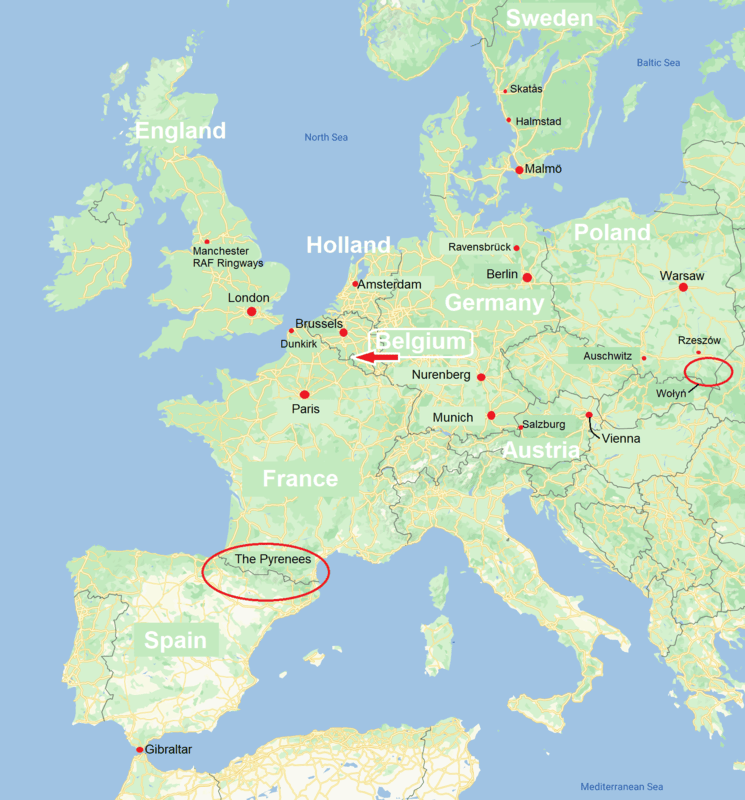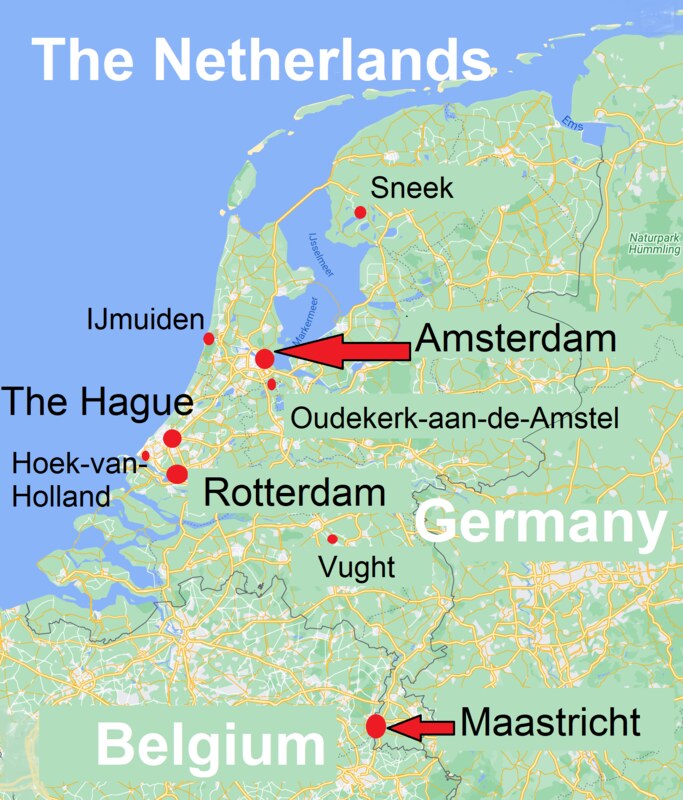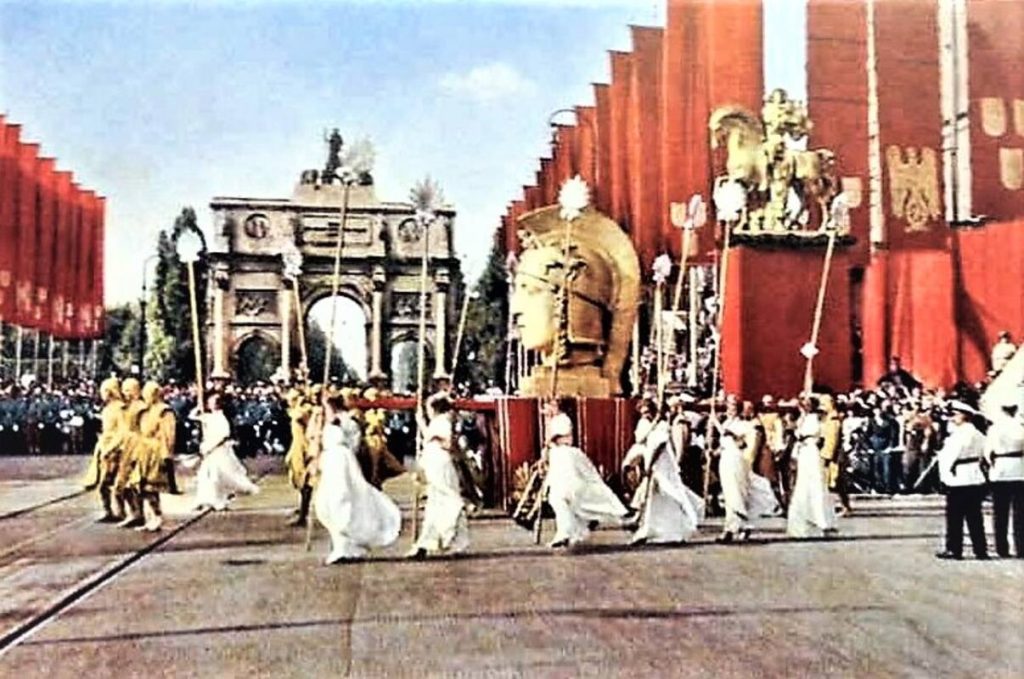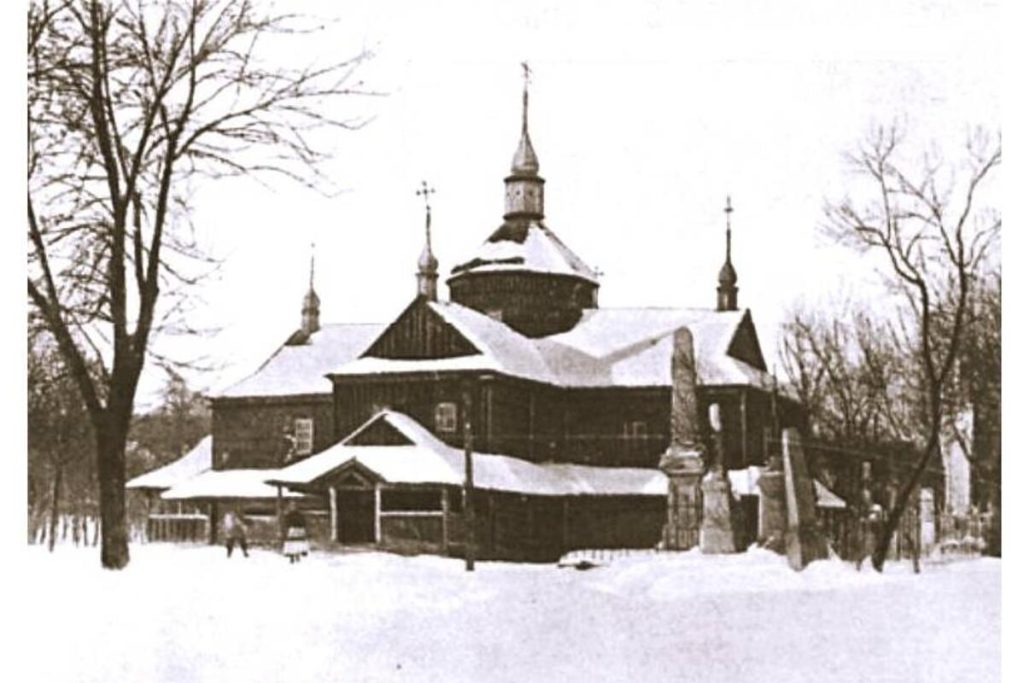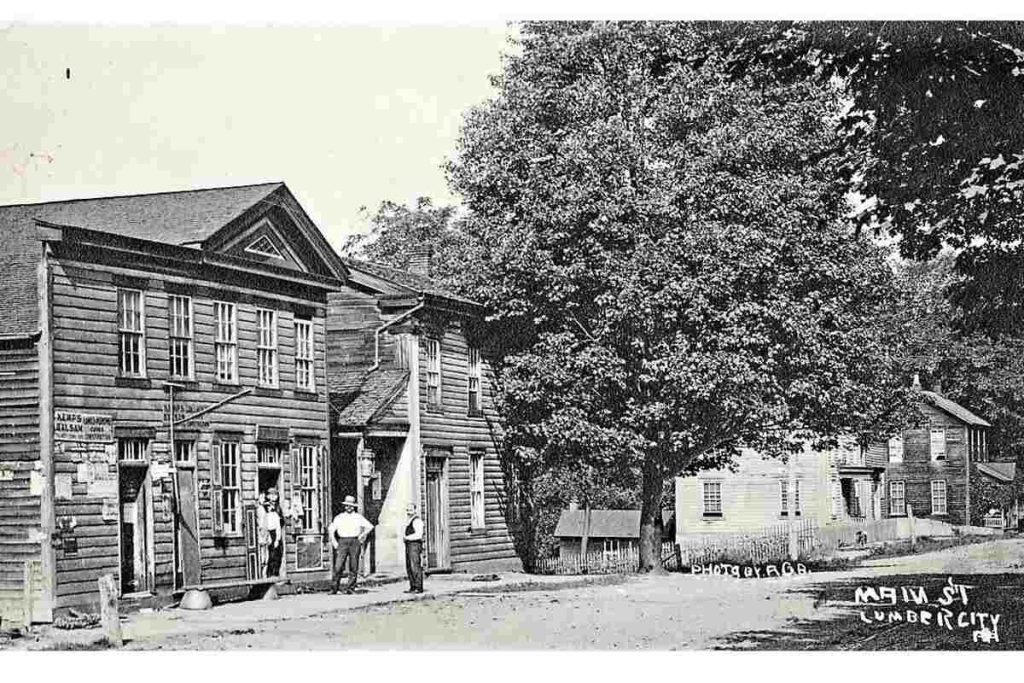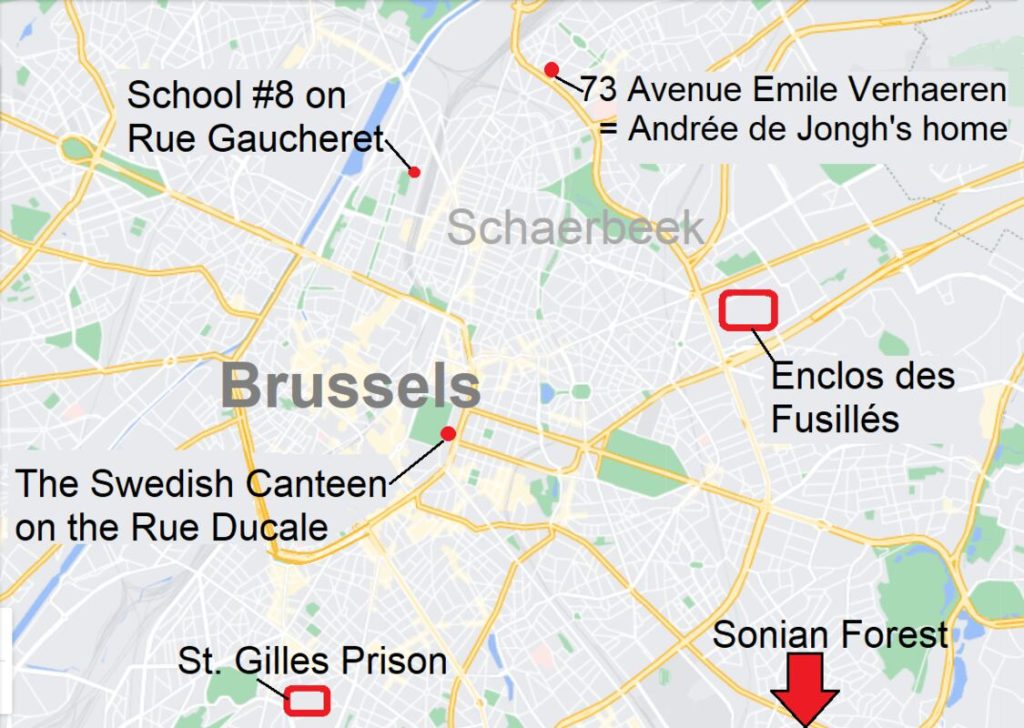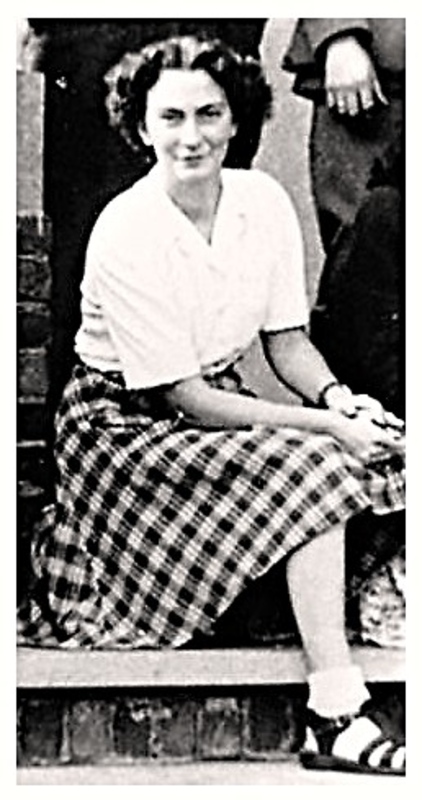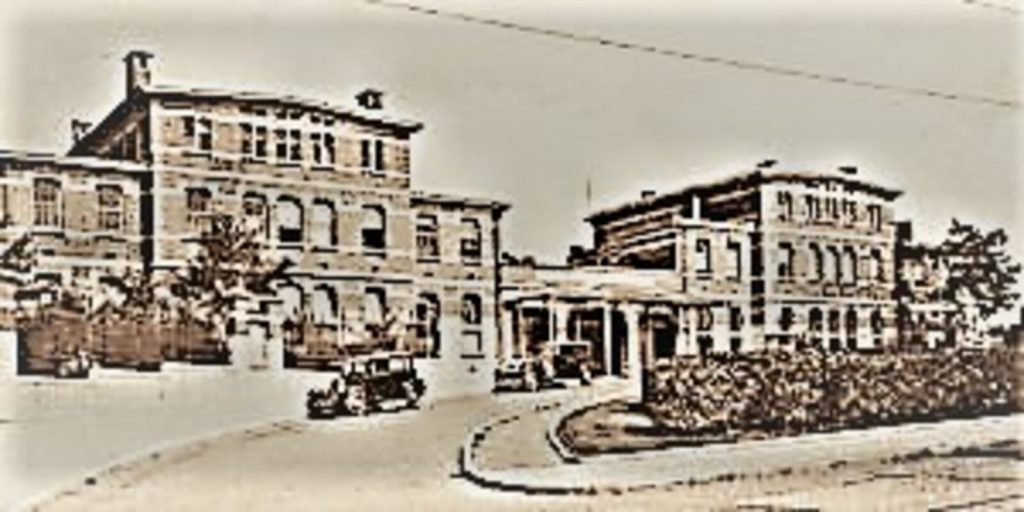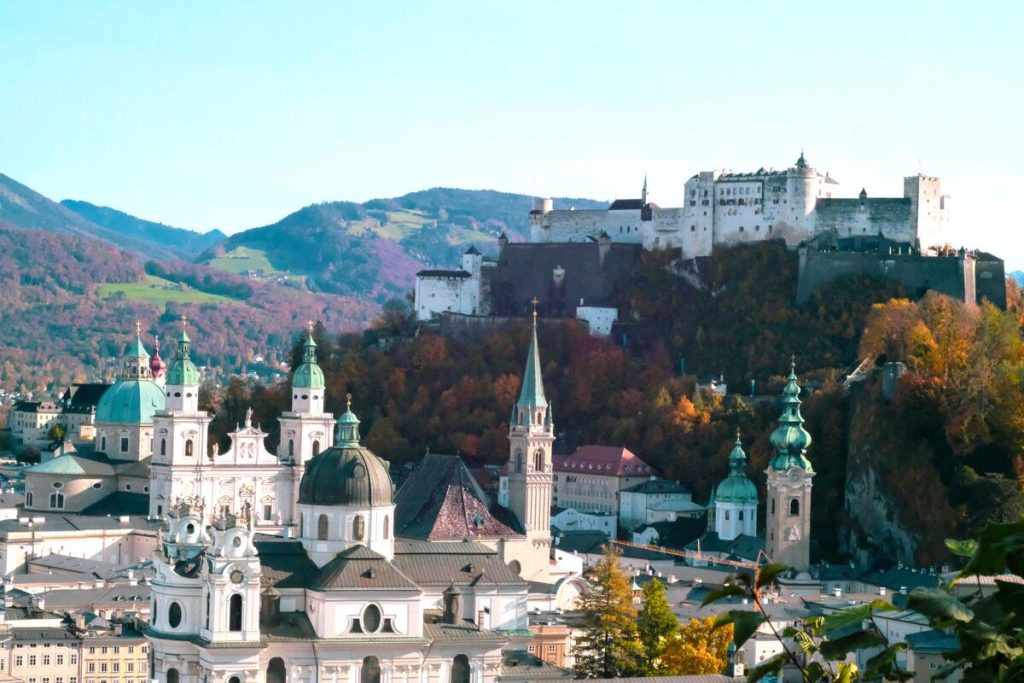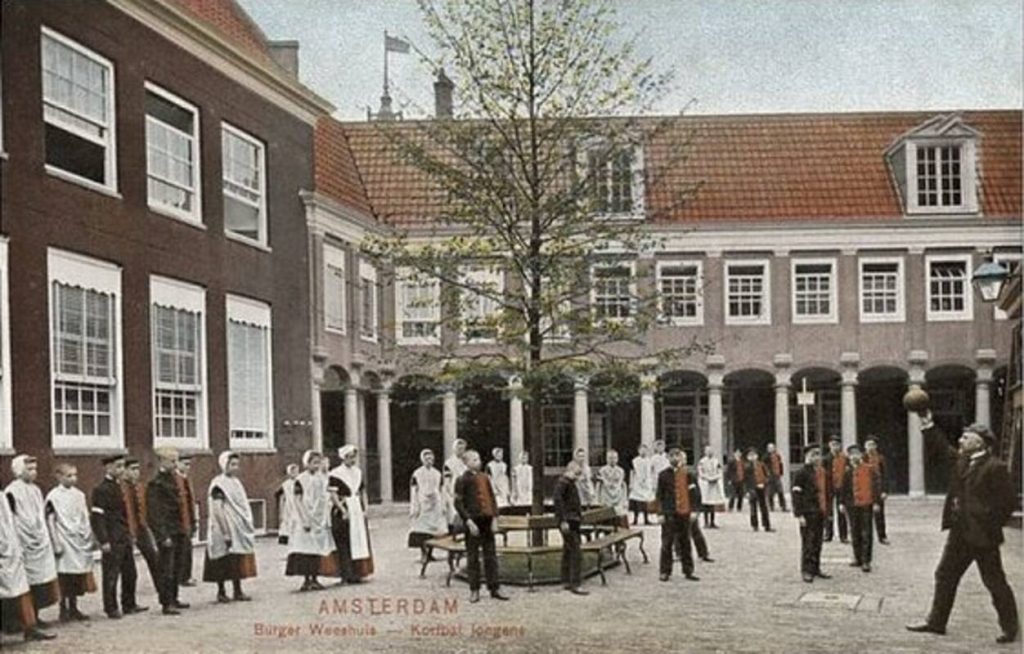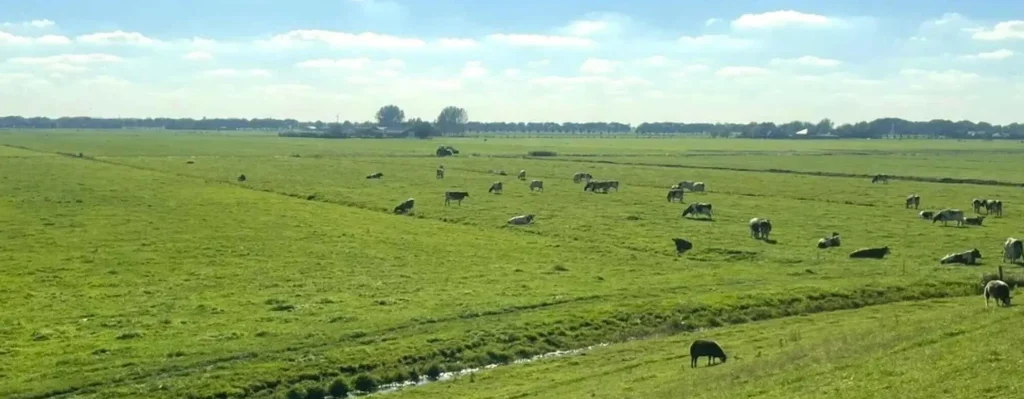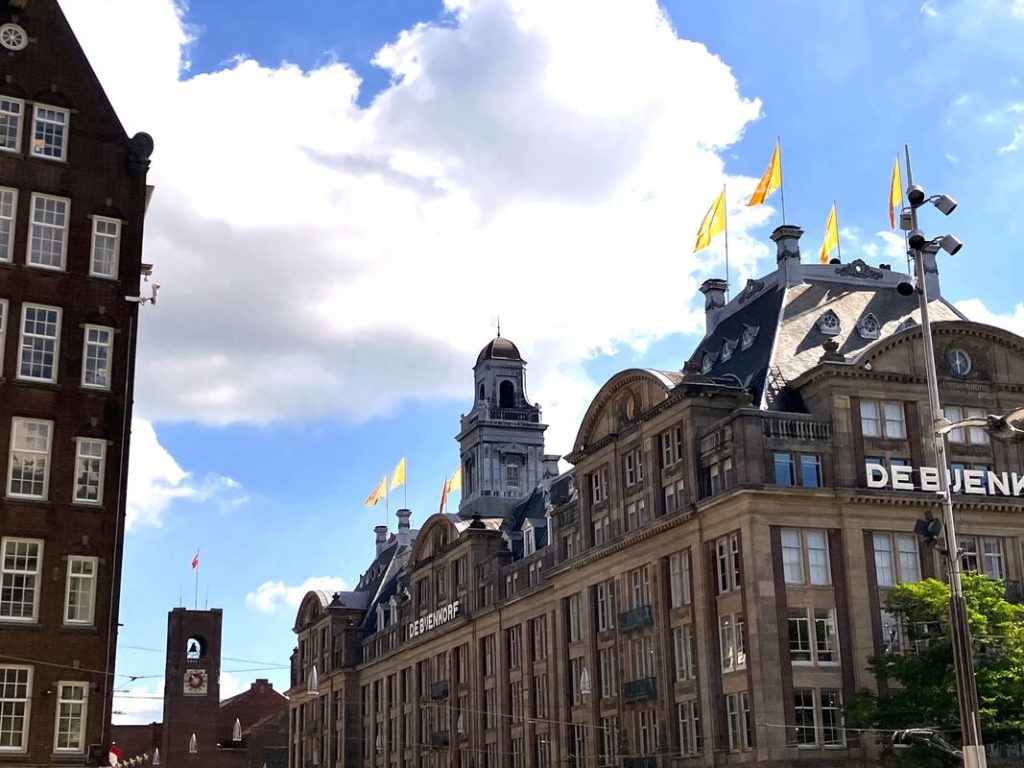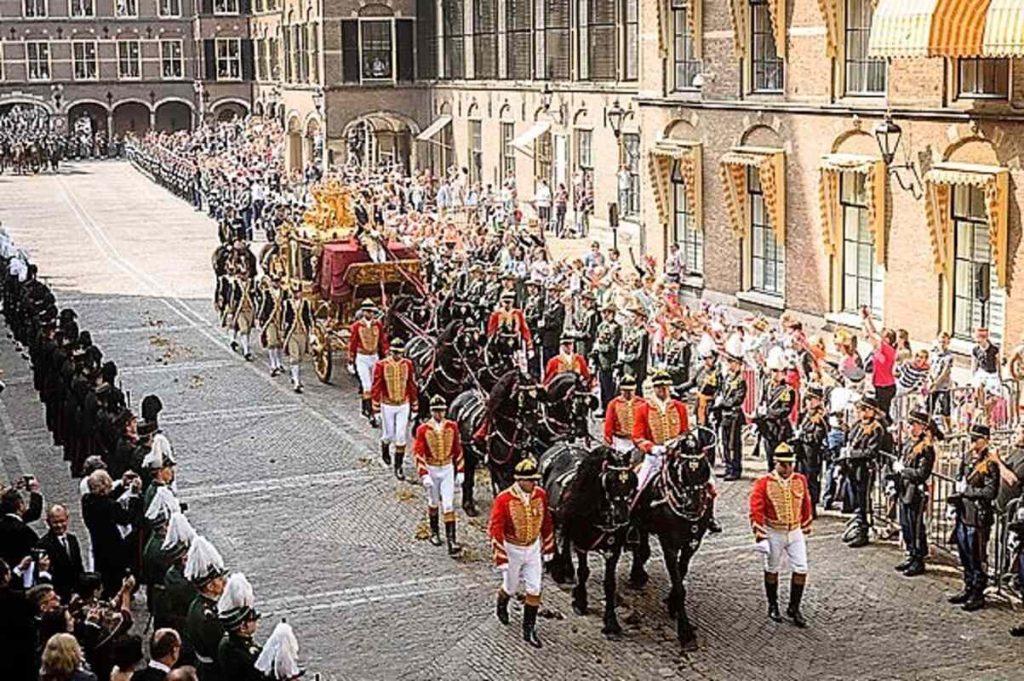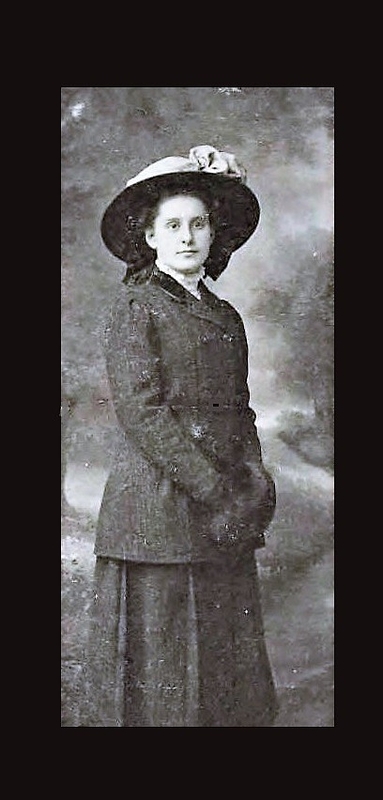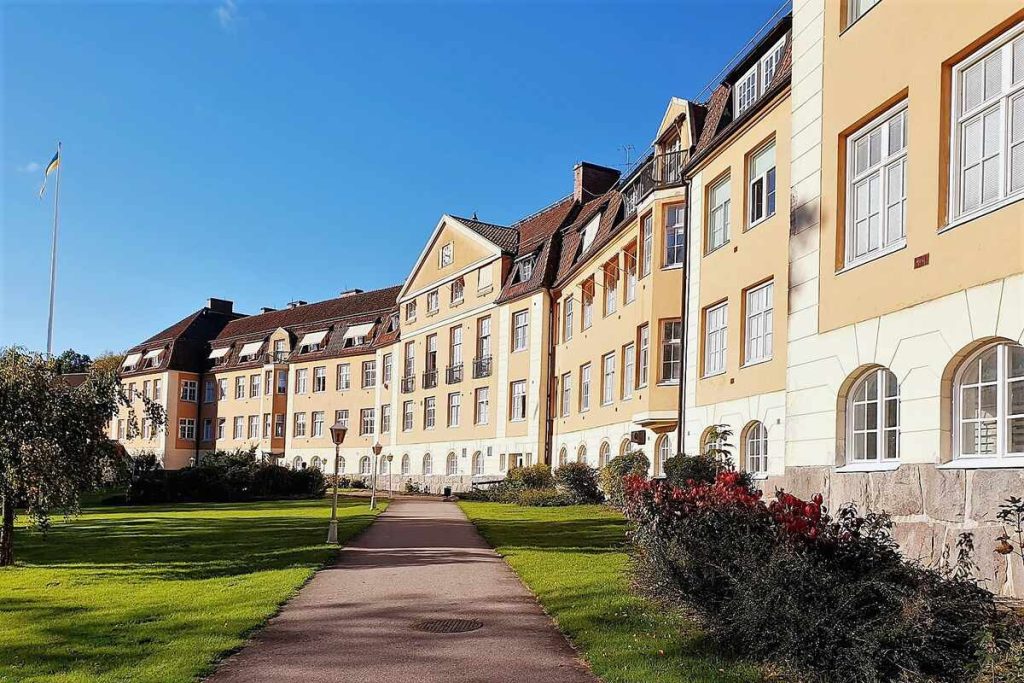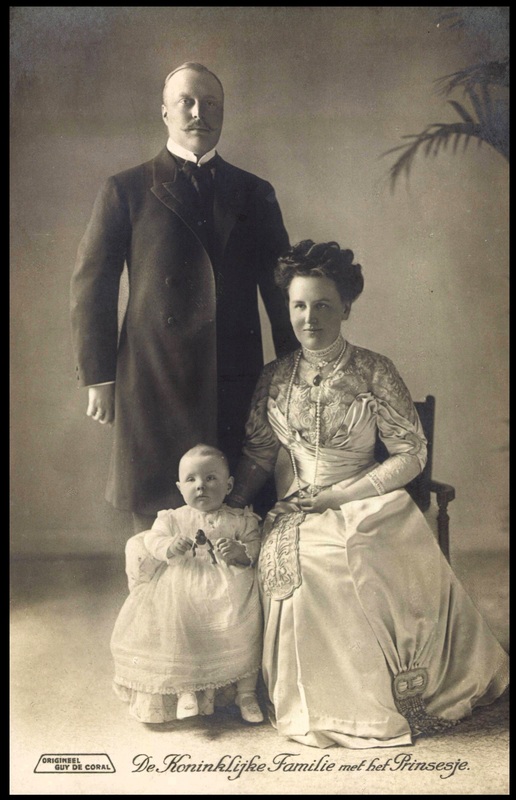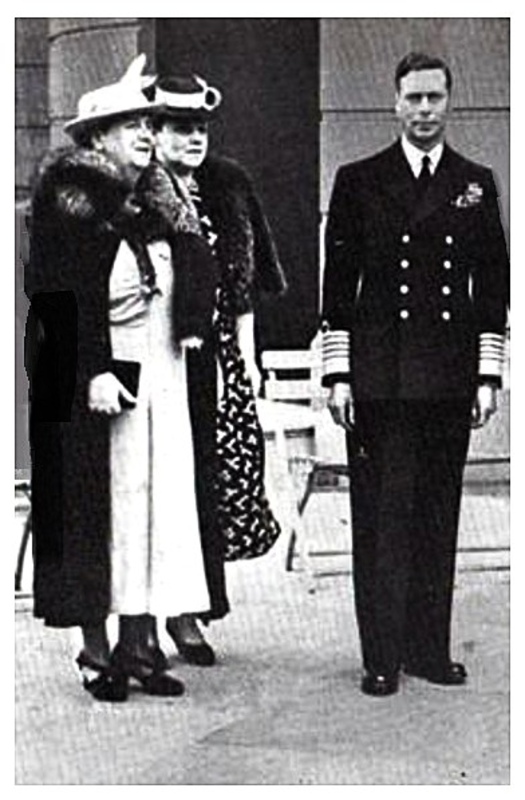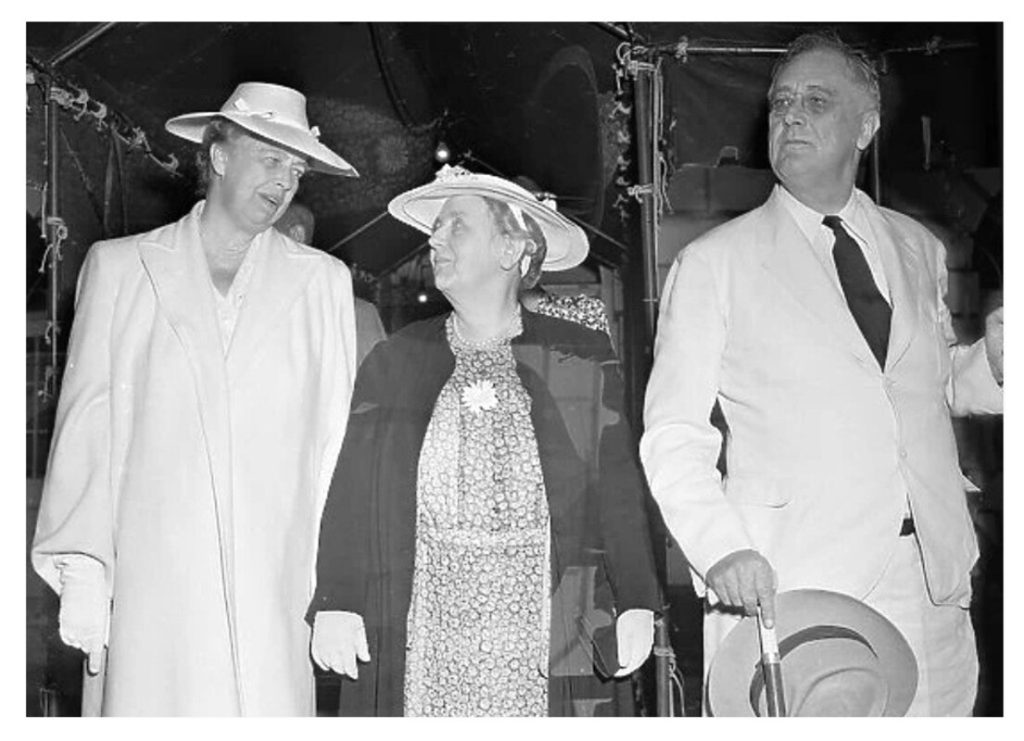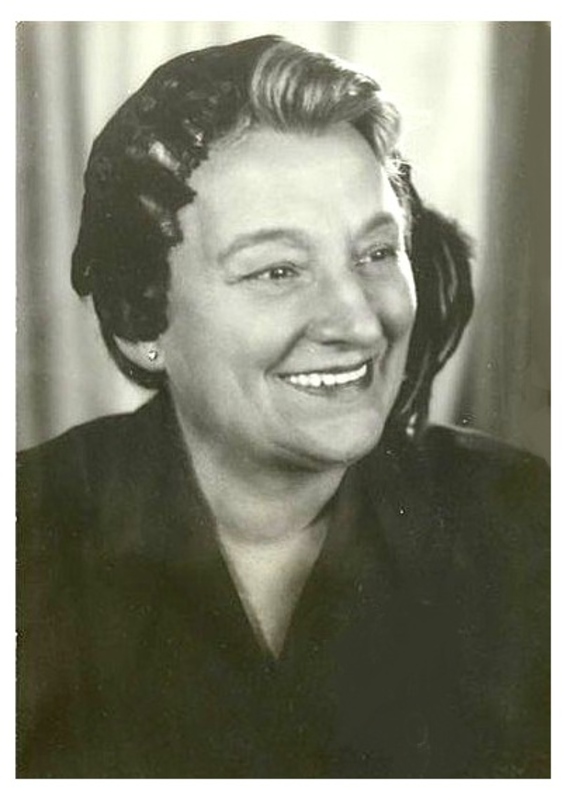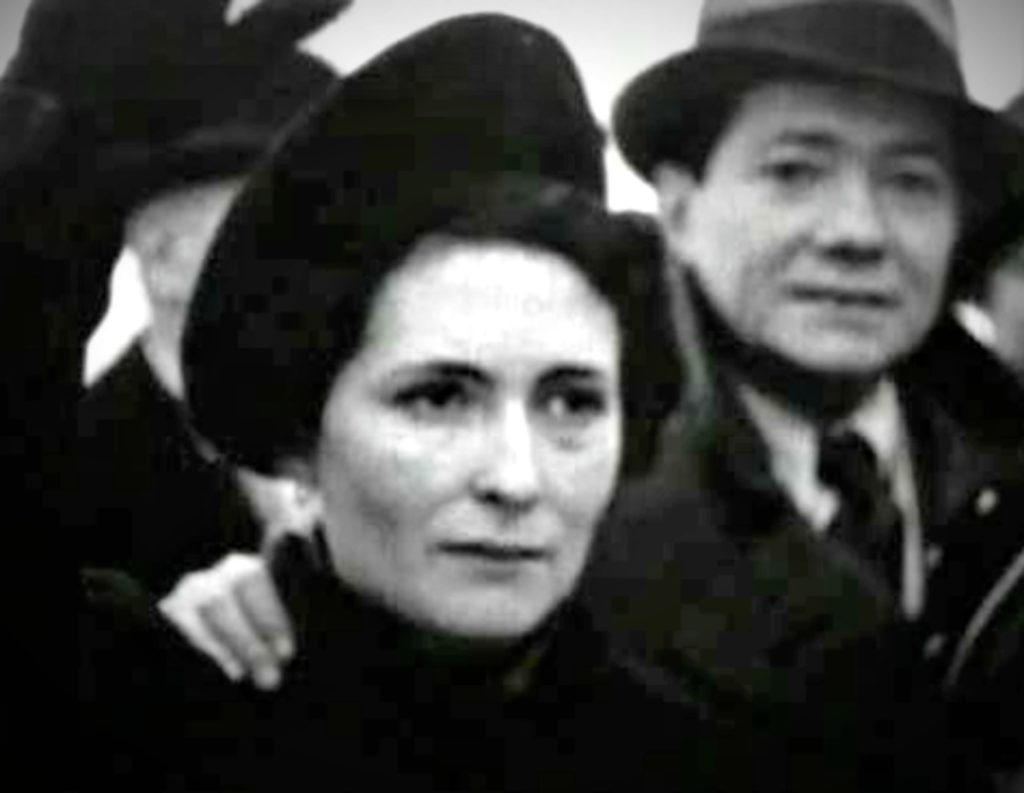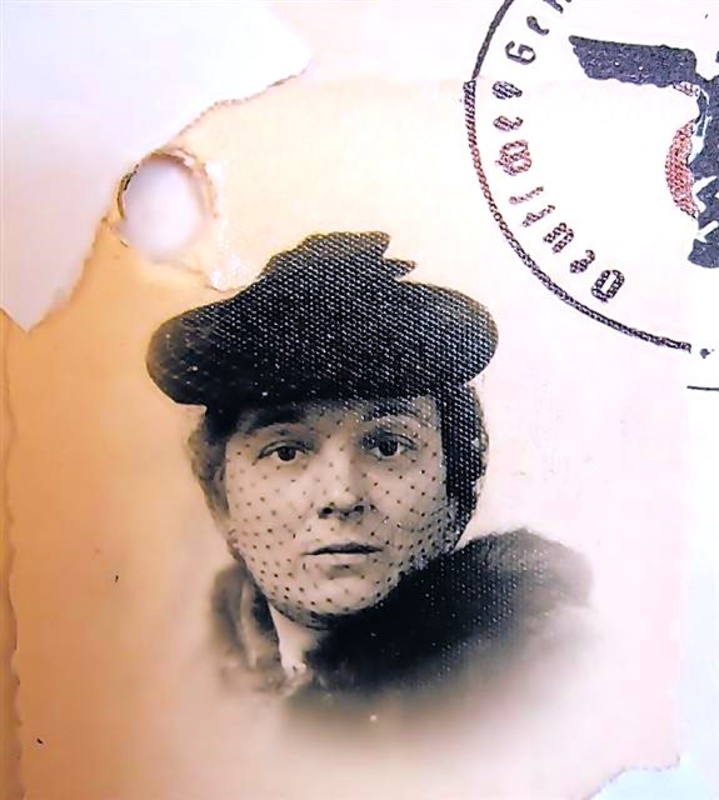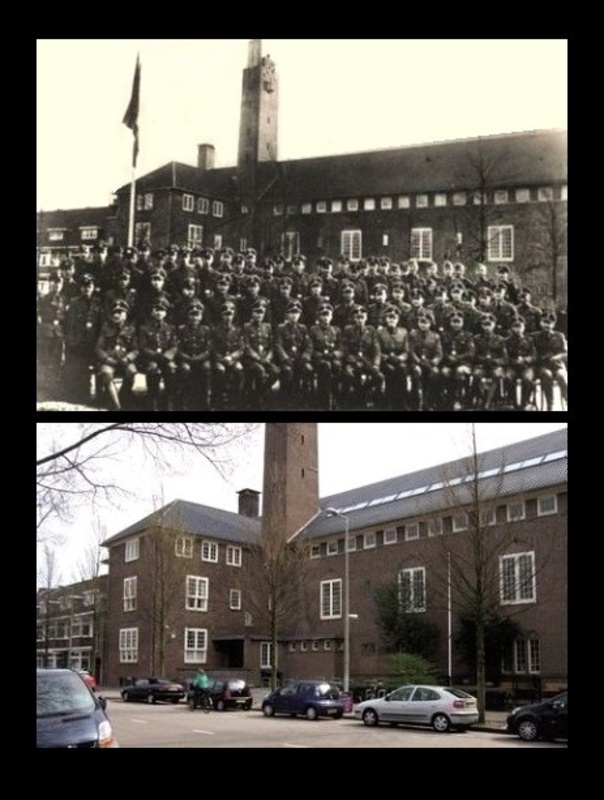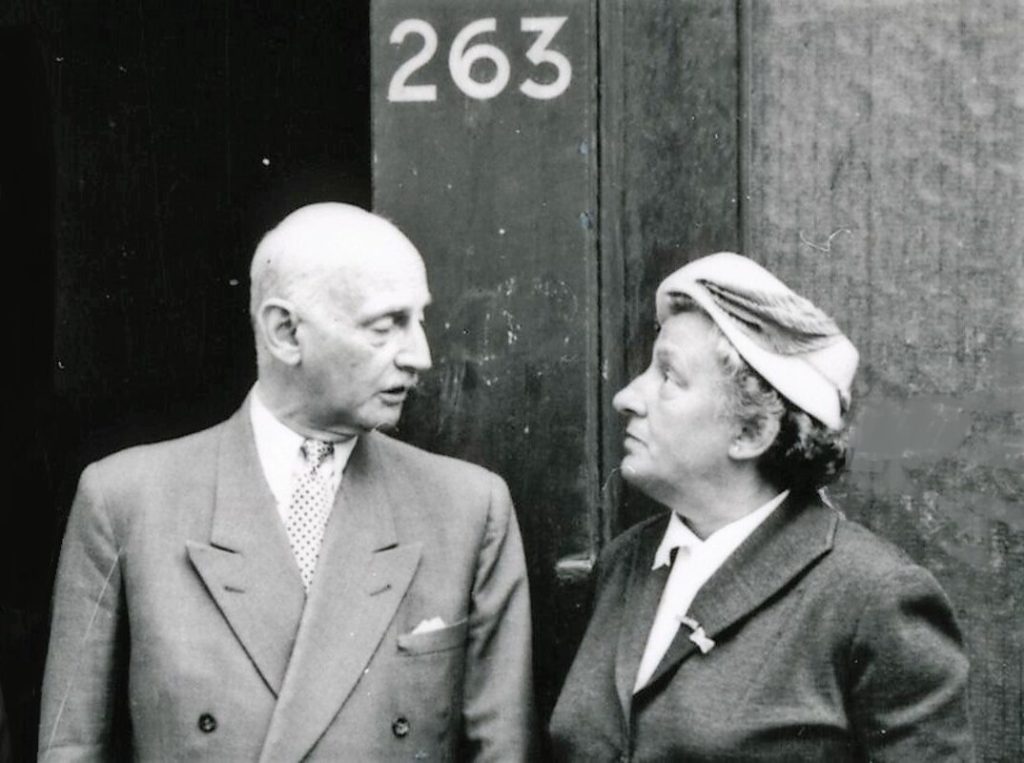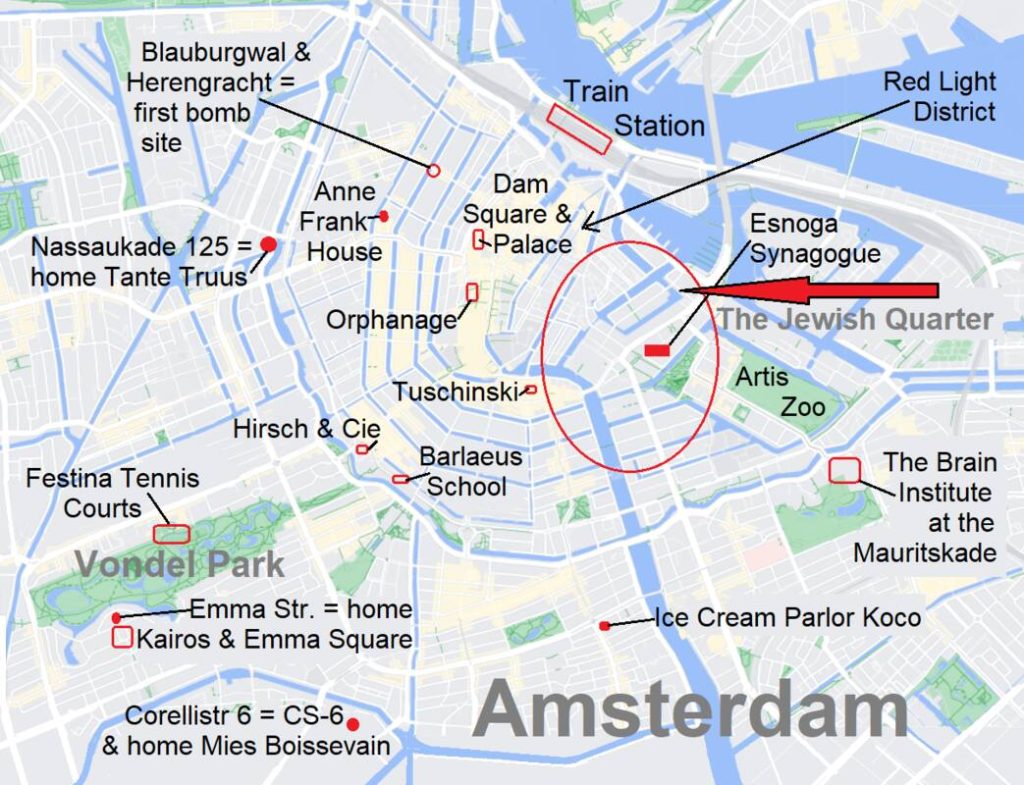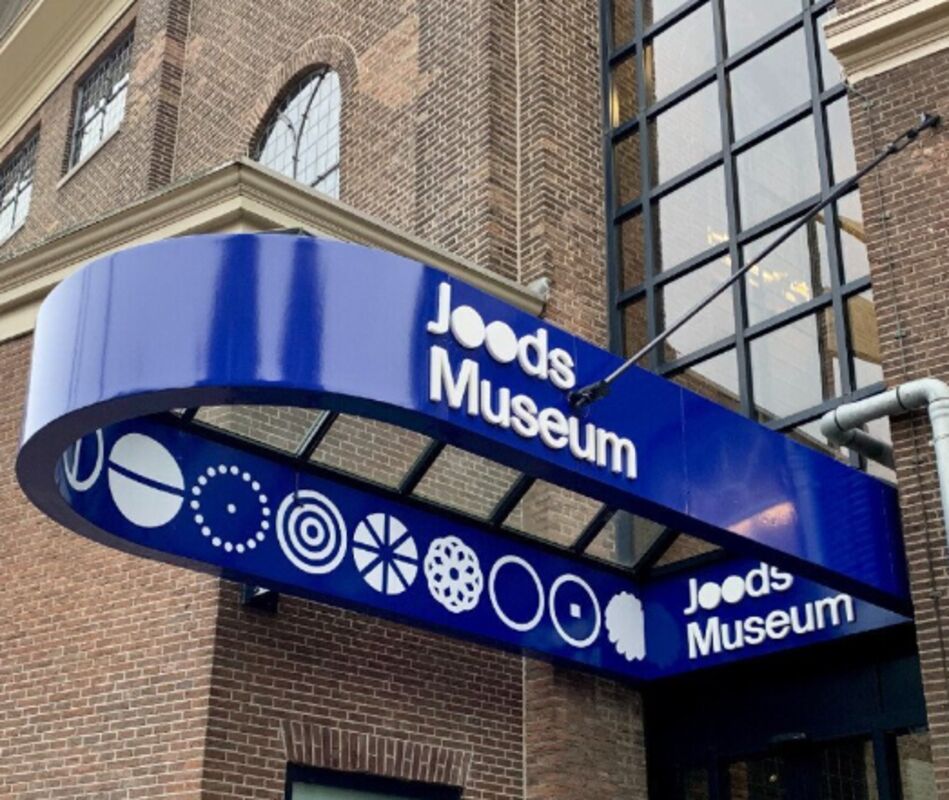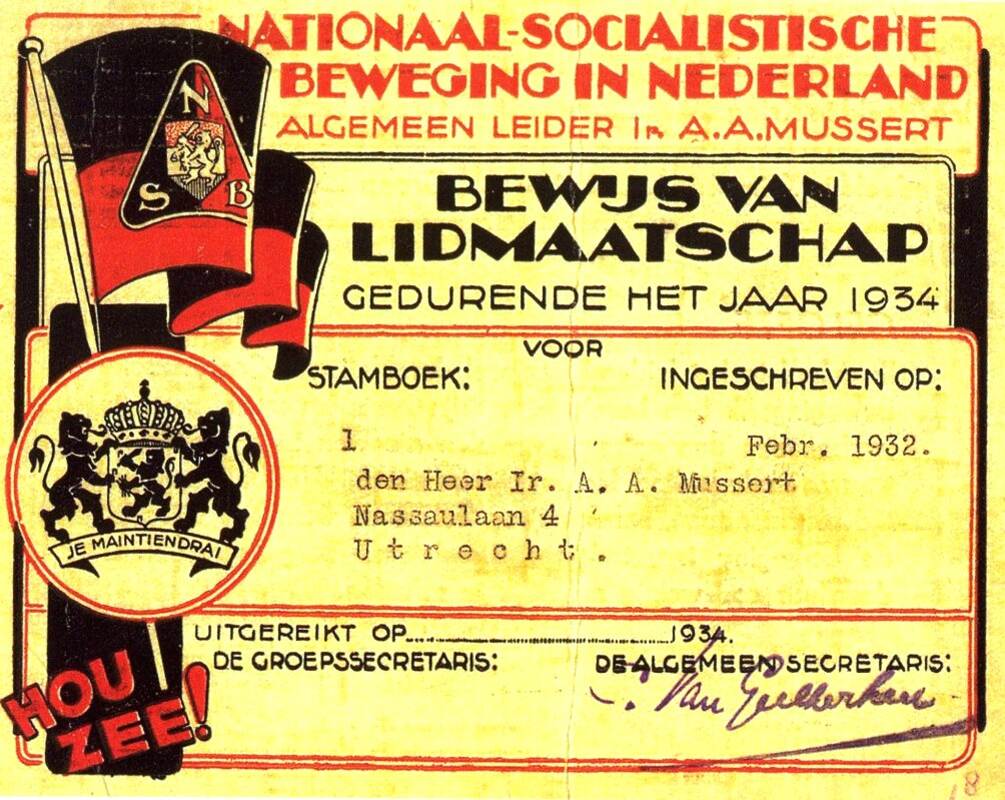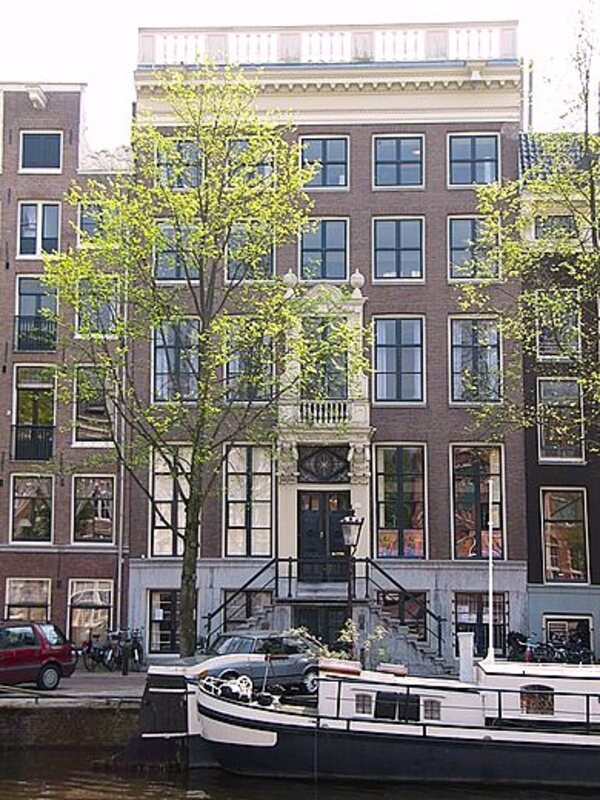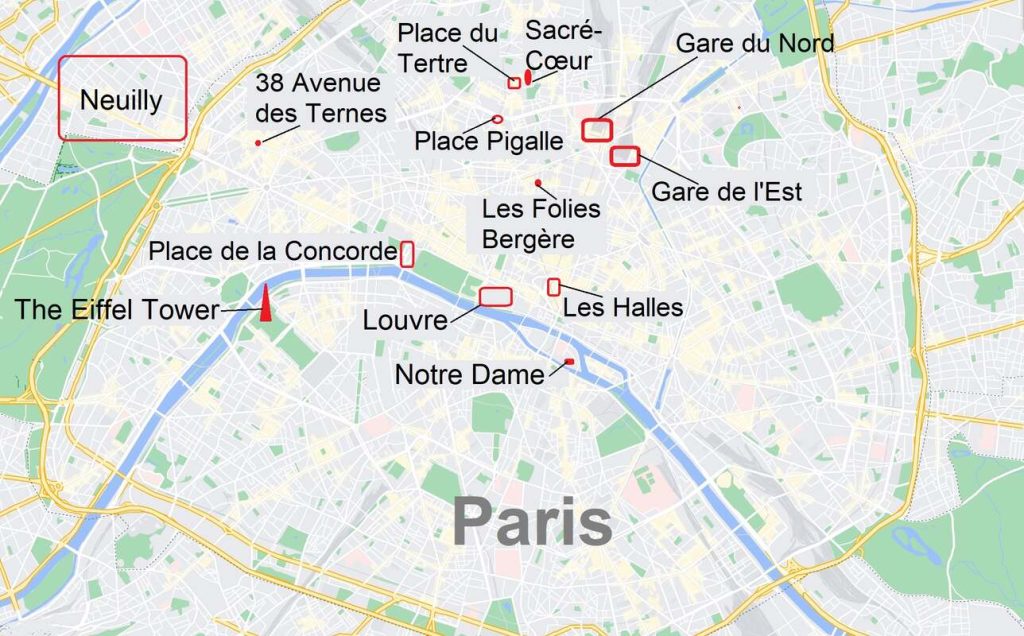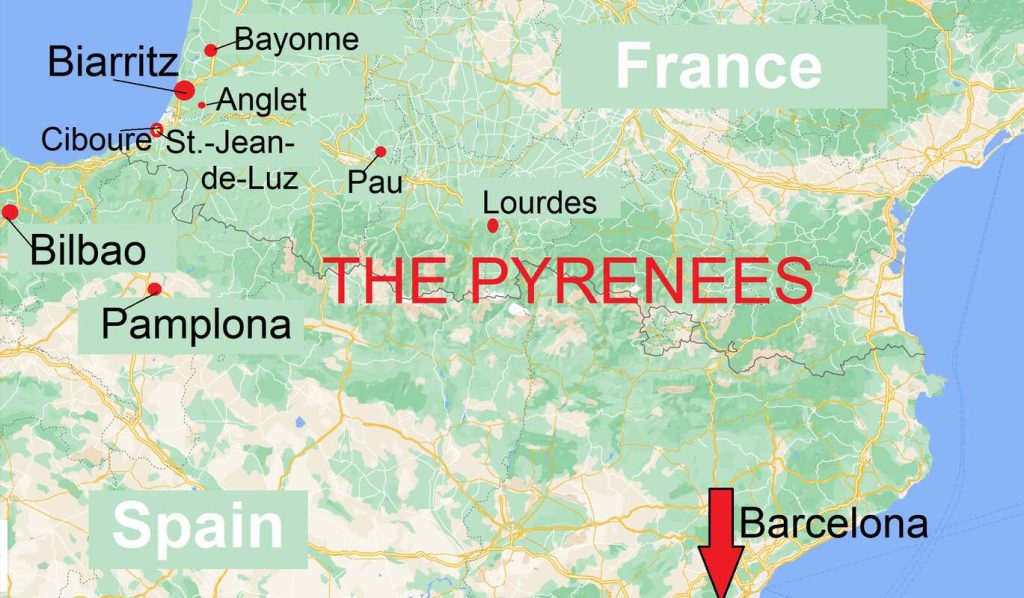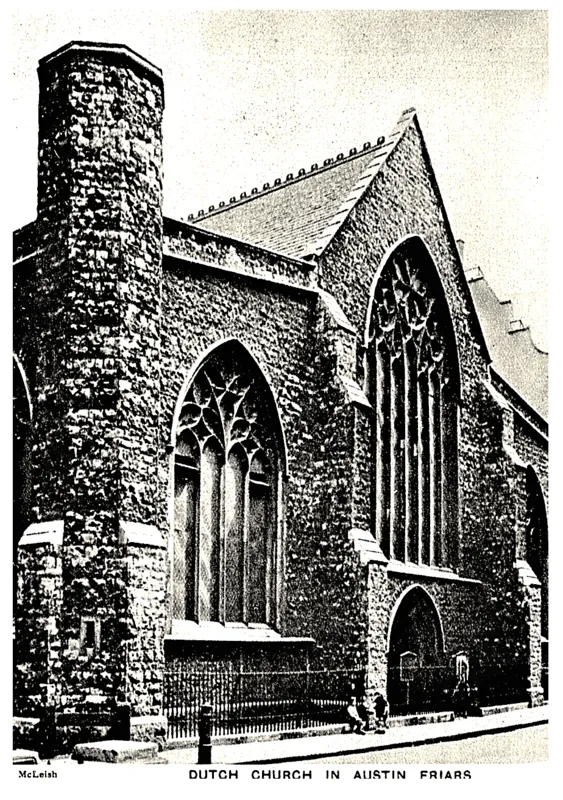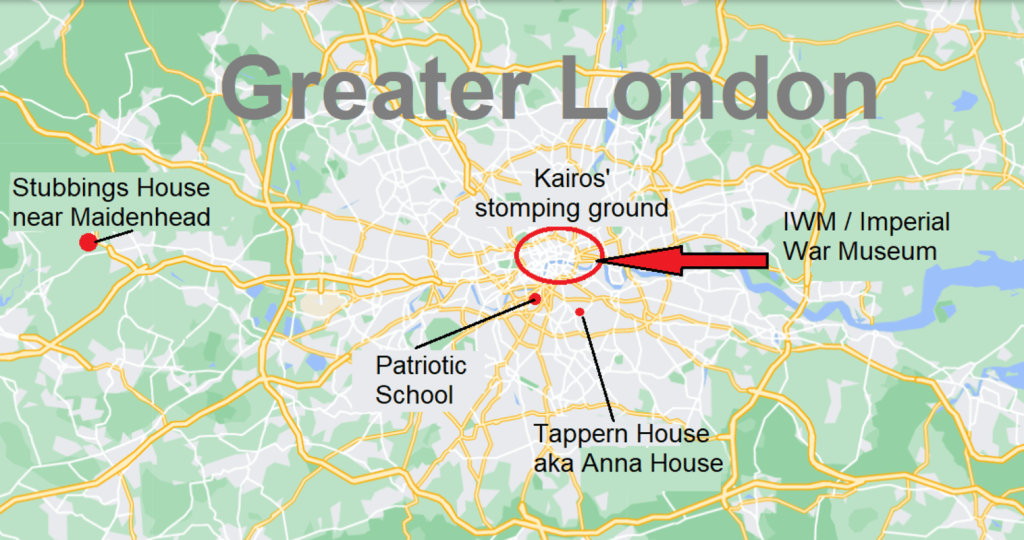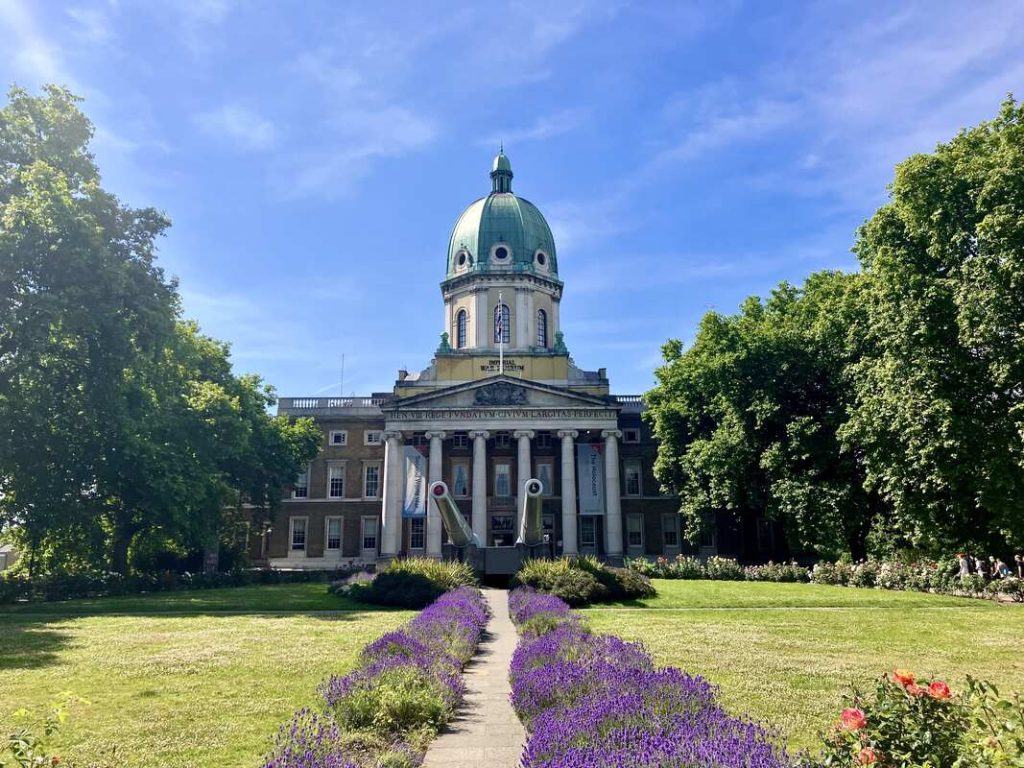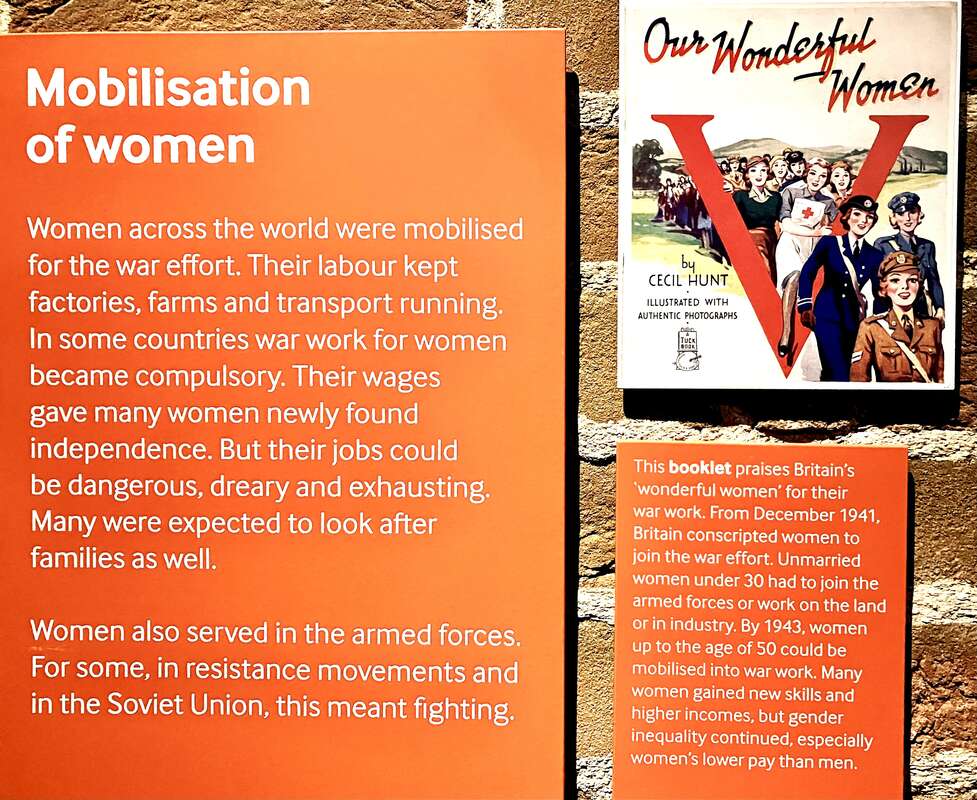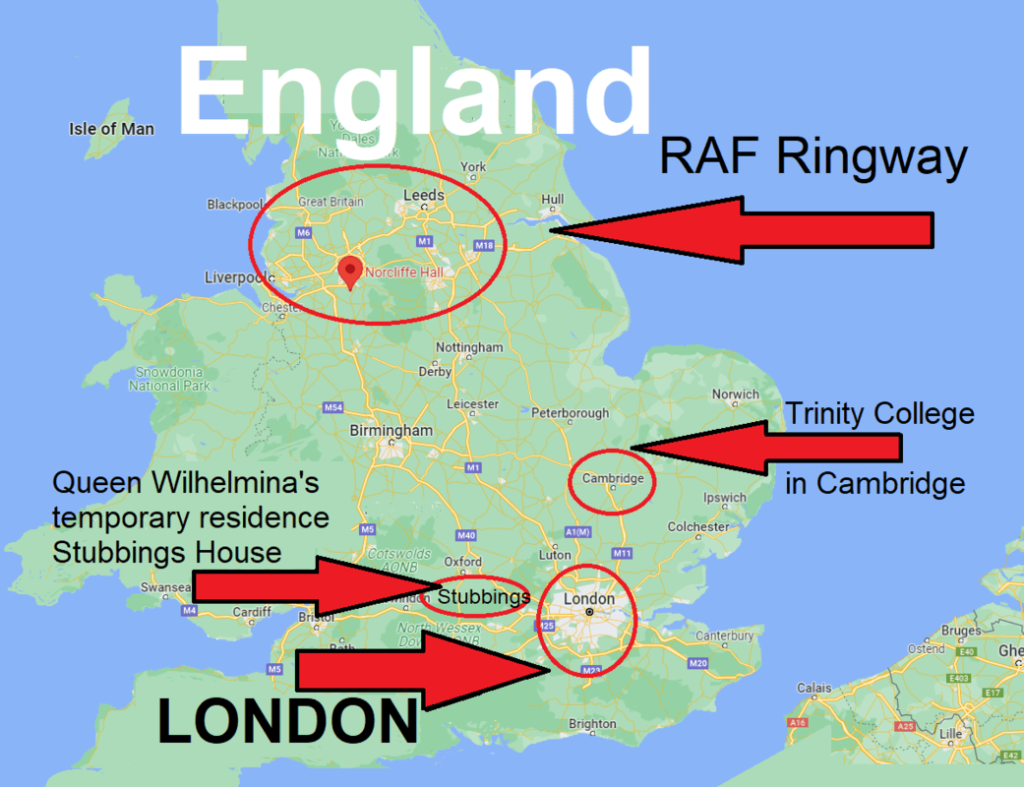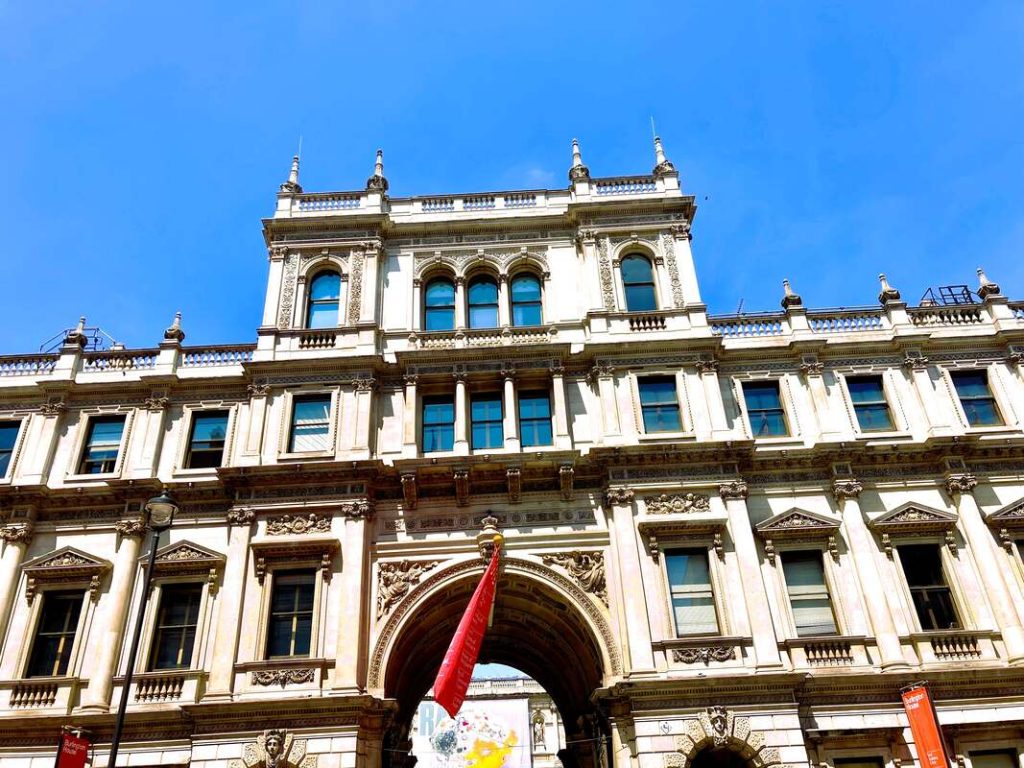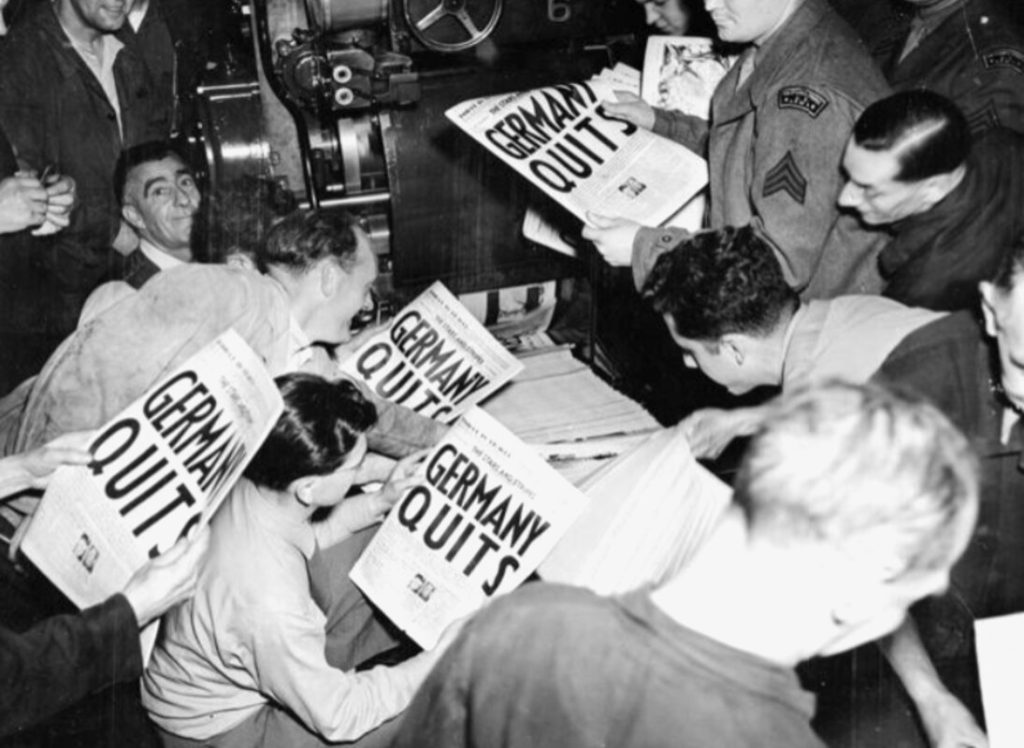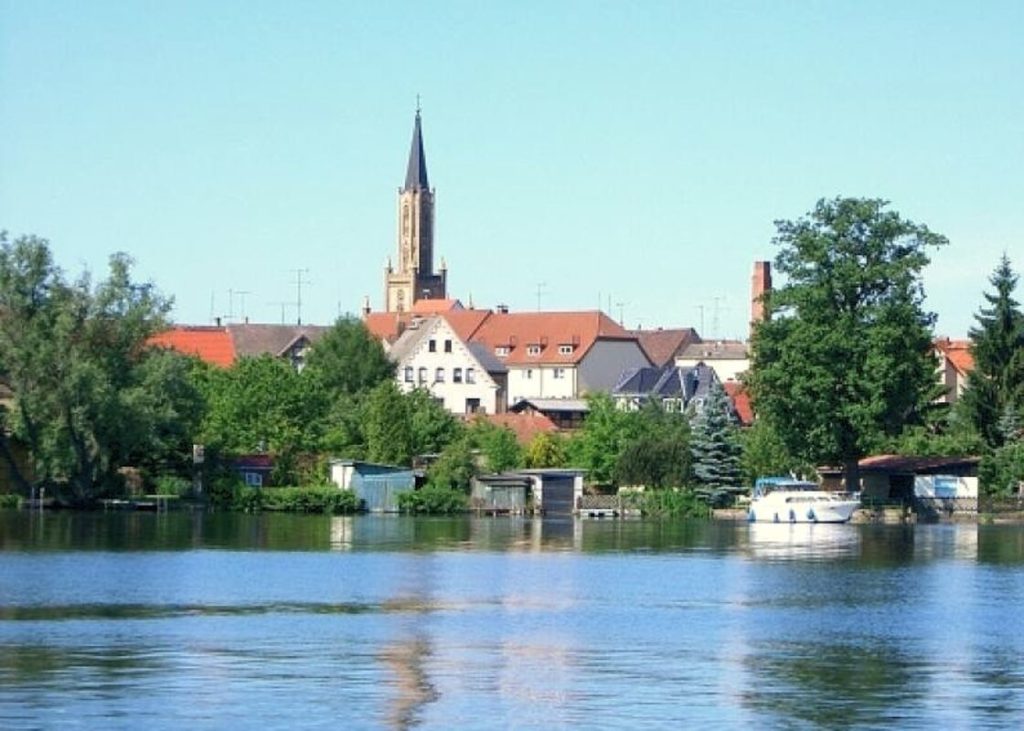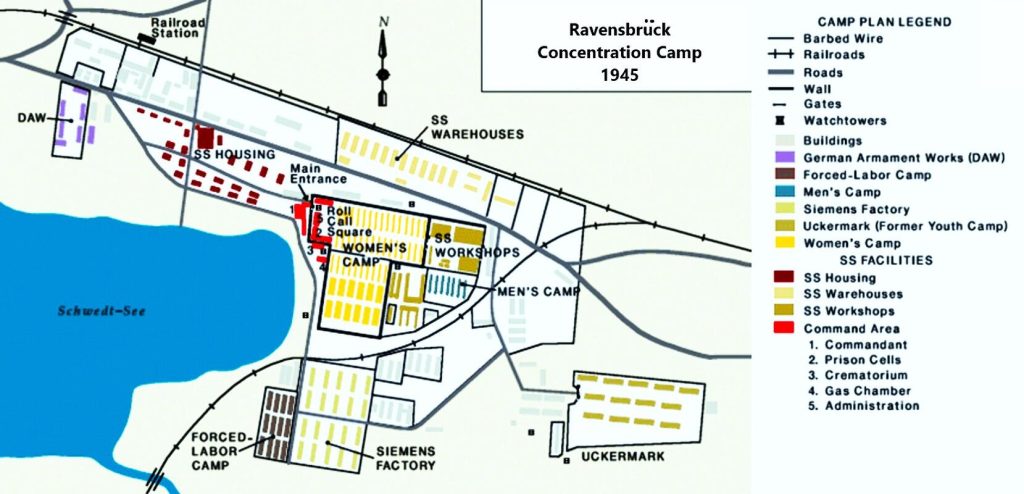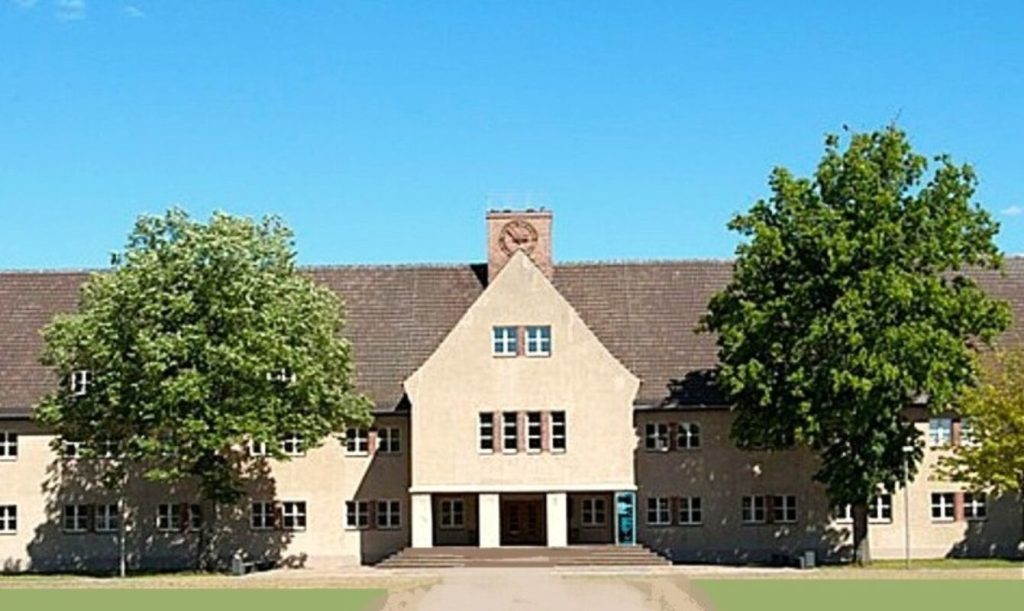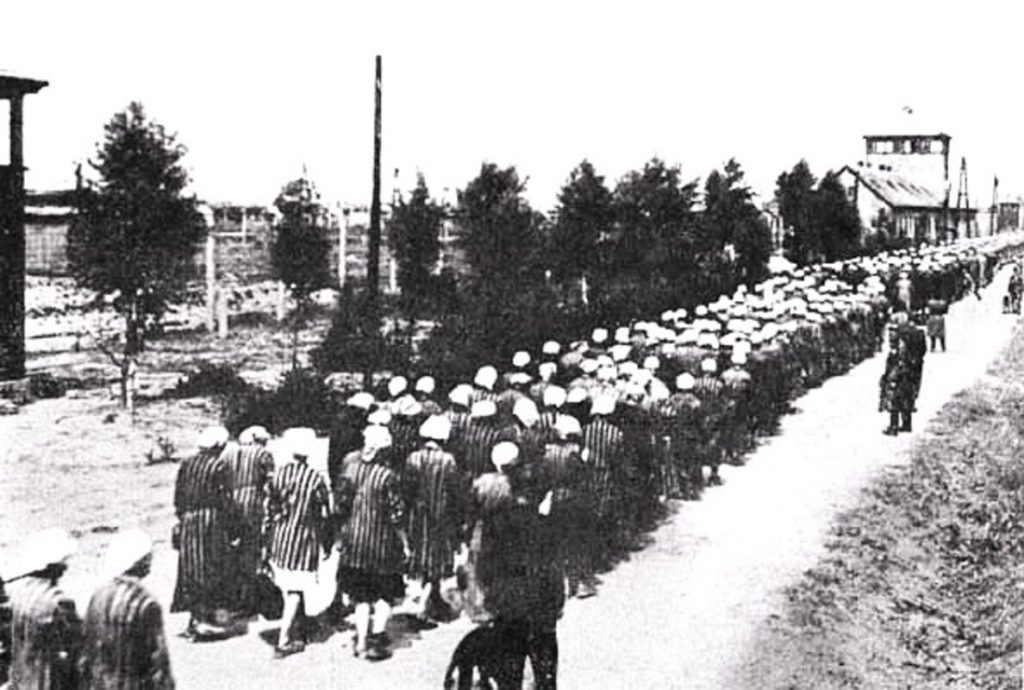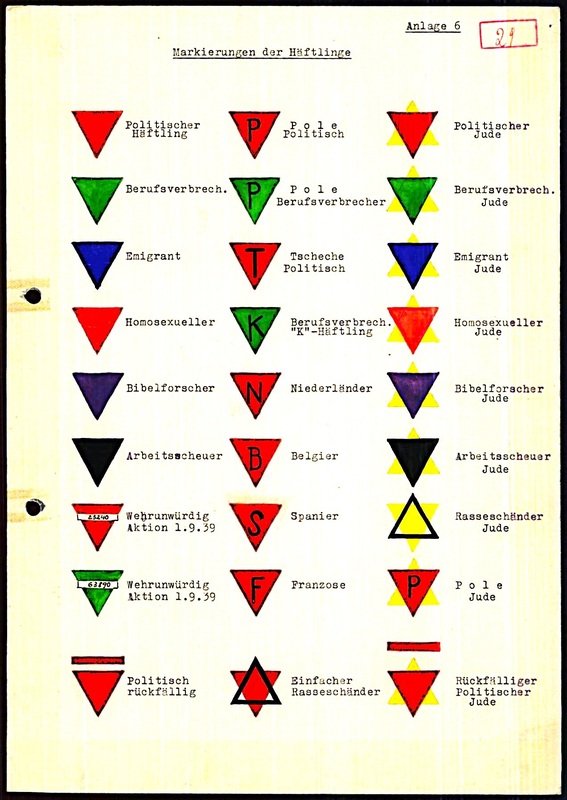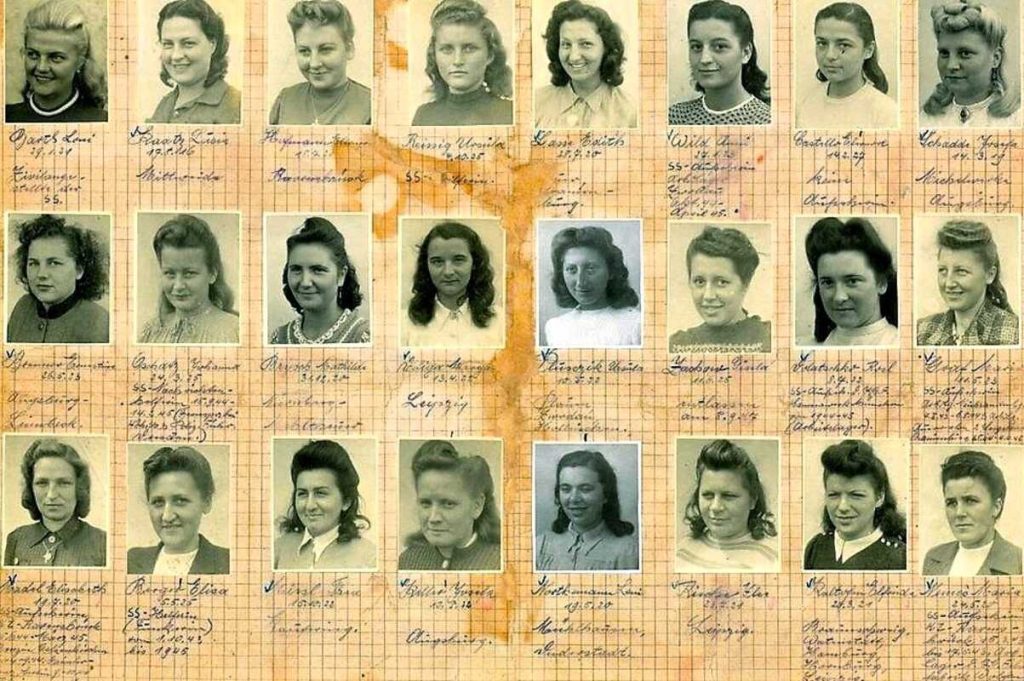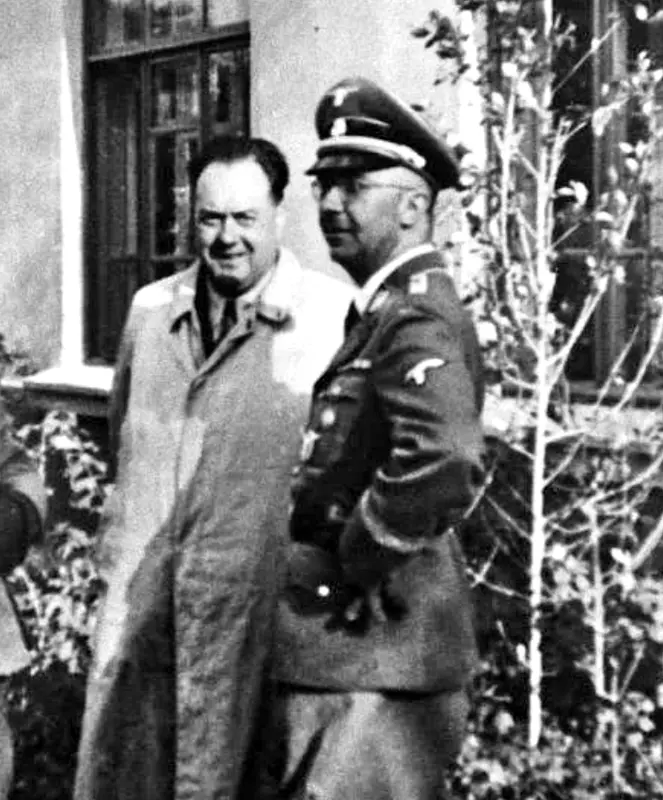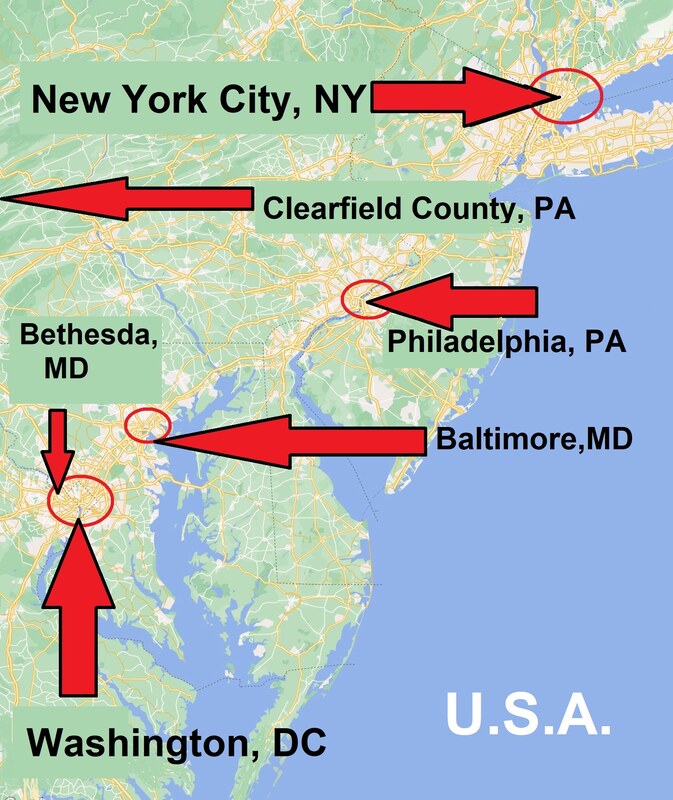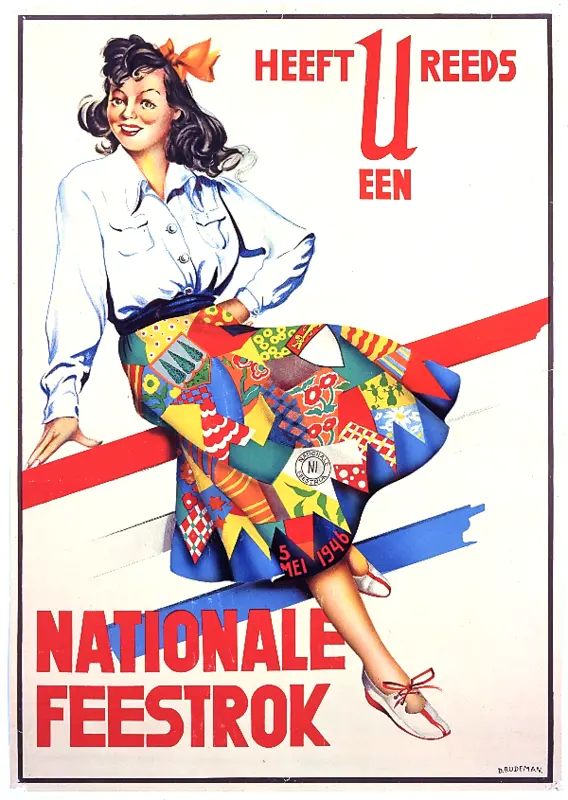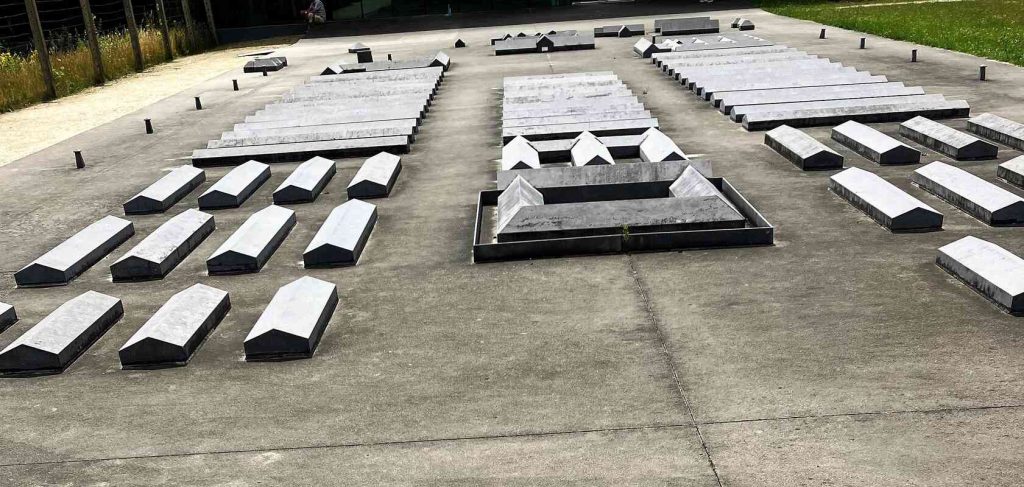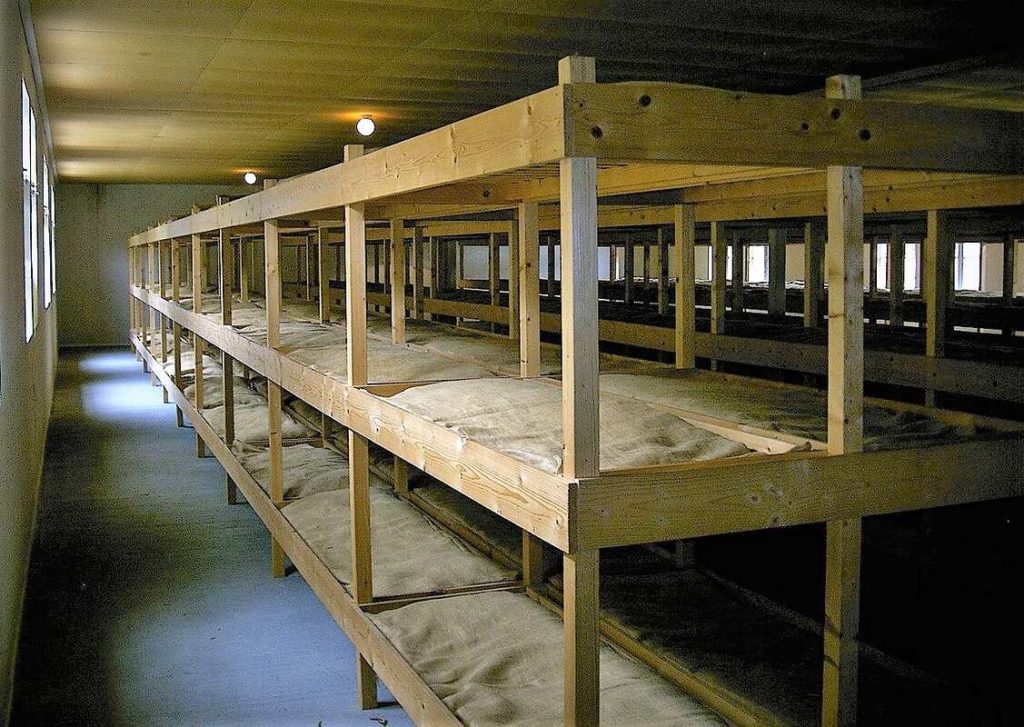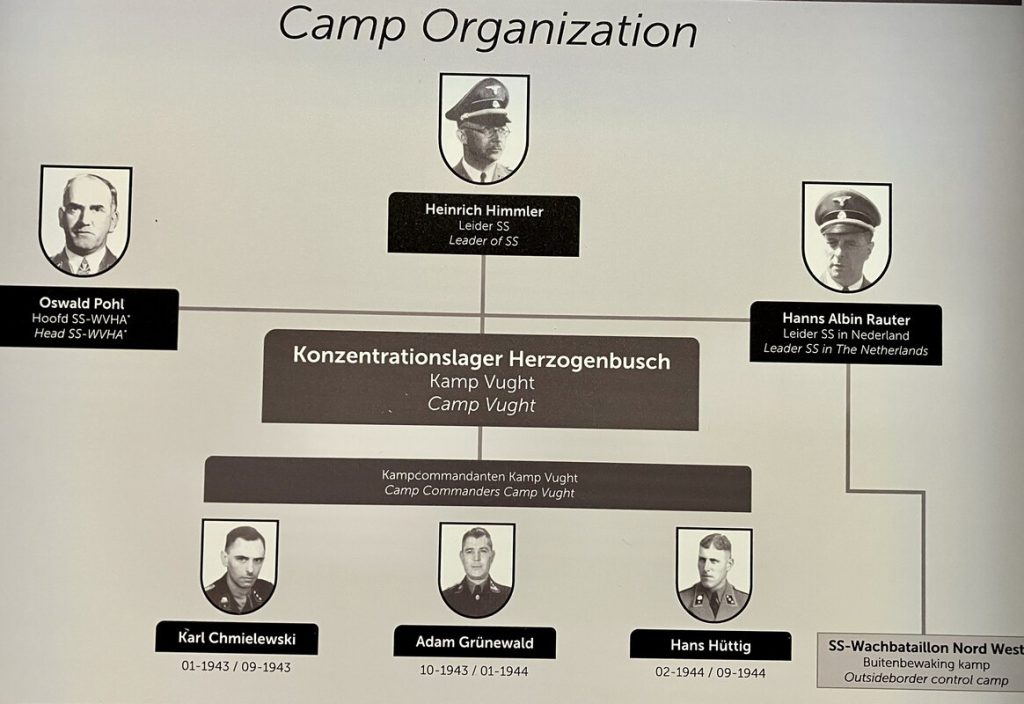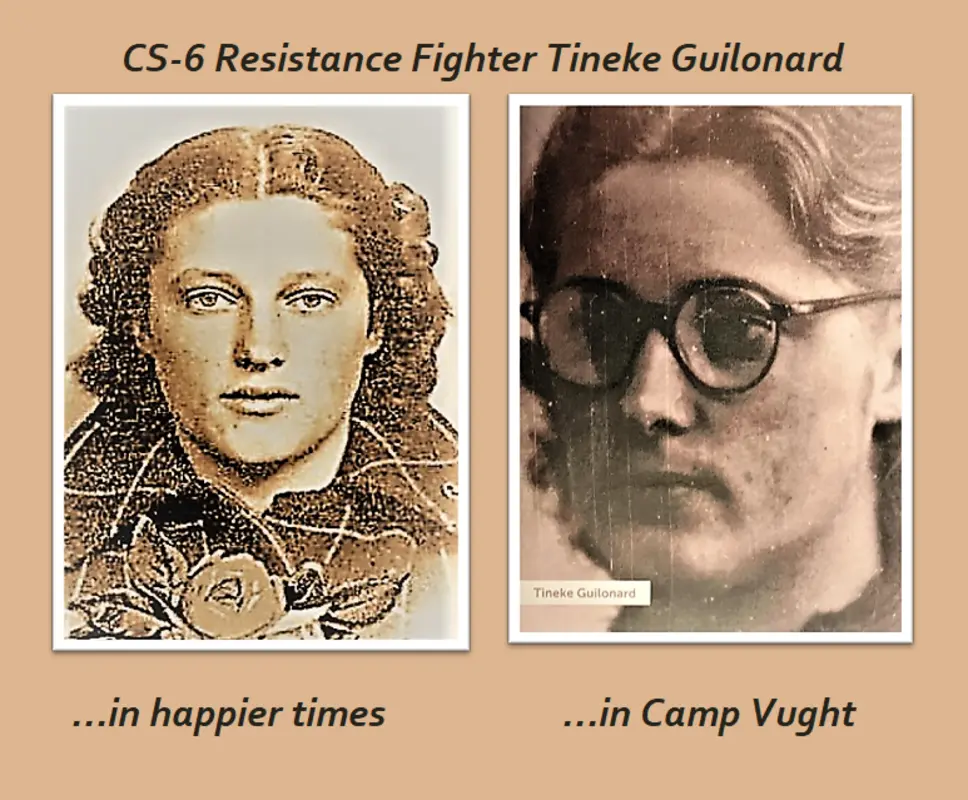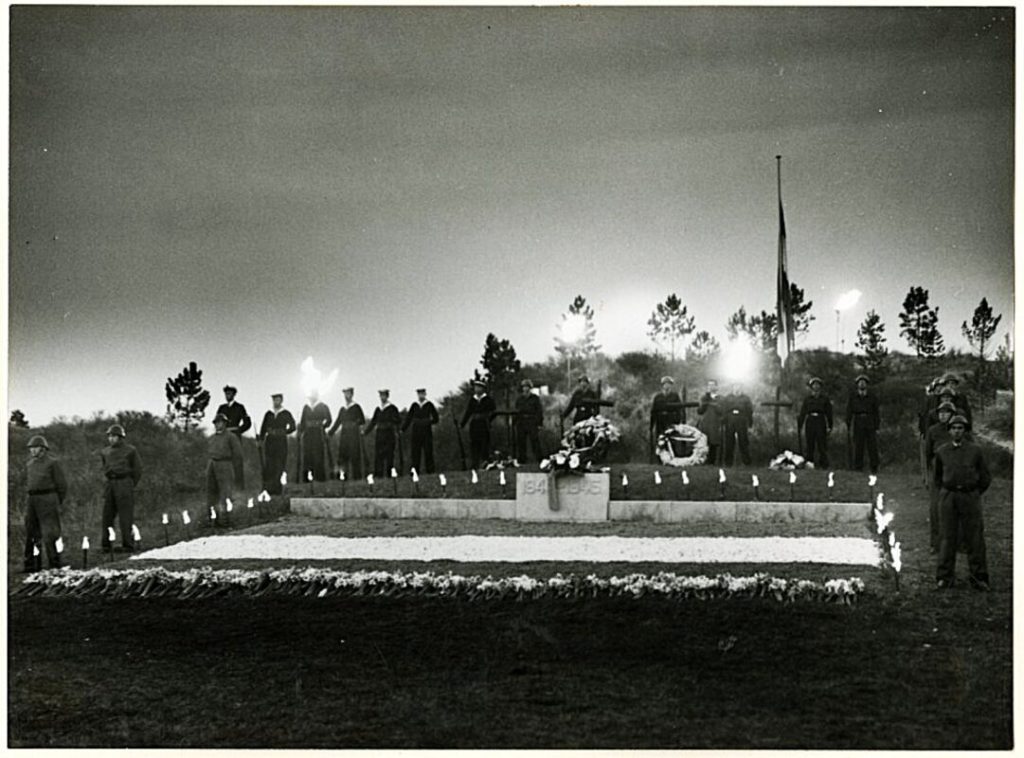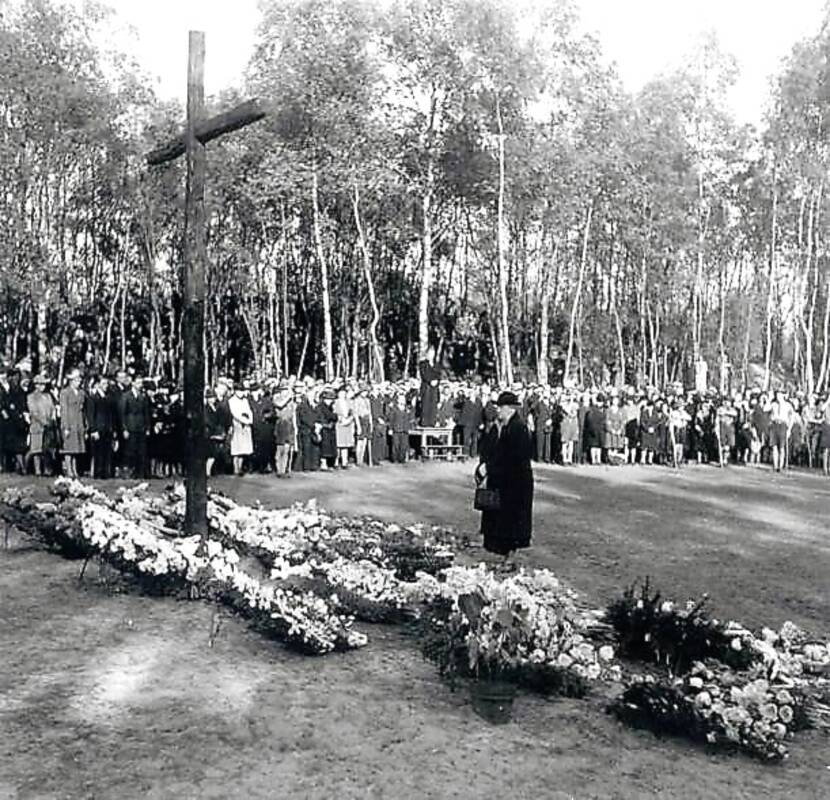RIGHT AFTER THE WAR
“Nazi Gals”
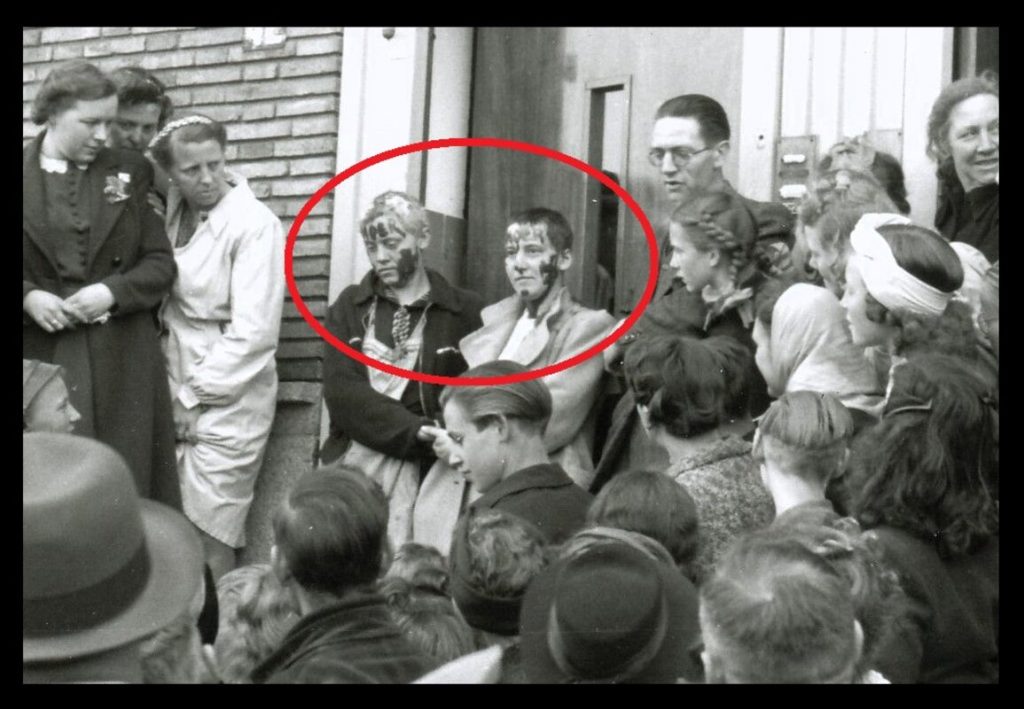
Unknown photographer
Right after the liberation, Dutch women who had slept with Nazis were labelled “Moffenmeiden” (/moffa myda/), which is Dutch for “Nazi Girls.” All over Europe, the sad practice of roughly dragging these girls and woman into the town square, shaving them bald, and parading them through the streets often while being jeered at, spat on, and kicked by the angry mob became the norm. Sometimes the word “hoar” was written in tar on their foreheads.

Unknown photographer
My mother told me that neither the big gun pointed at her house nor the near-capture of her father by the Nazis shocked her as much as the cruel pleasure fellow-villagers took in humiliating her former elementary school teacher who had fallen in love with a German.
Holocaust Denial
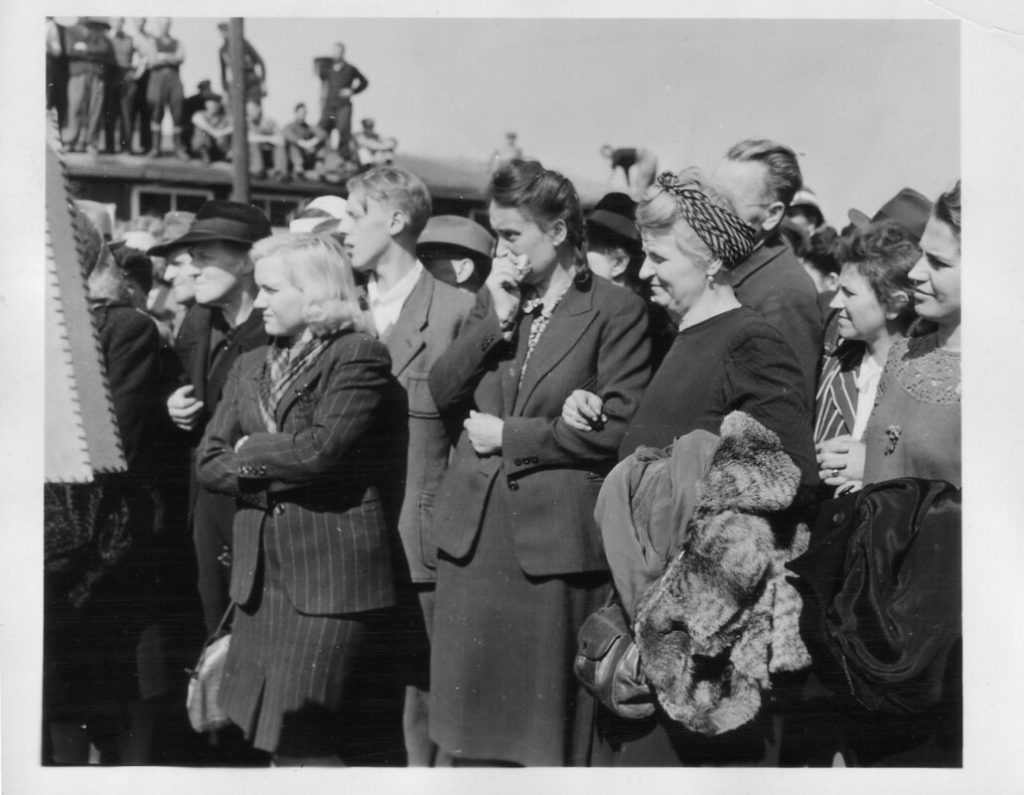
Picture credit: Walter Chichersky, U.S. Signal Corp. National Archives, Washington D.C.
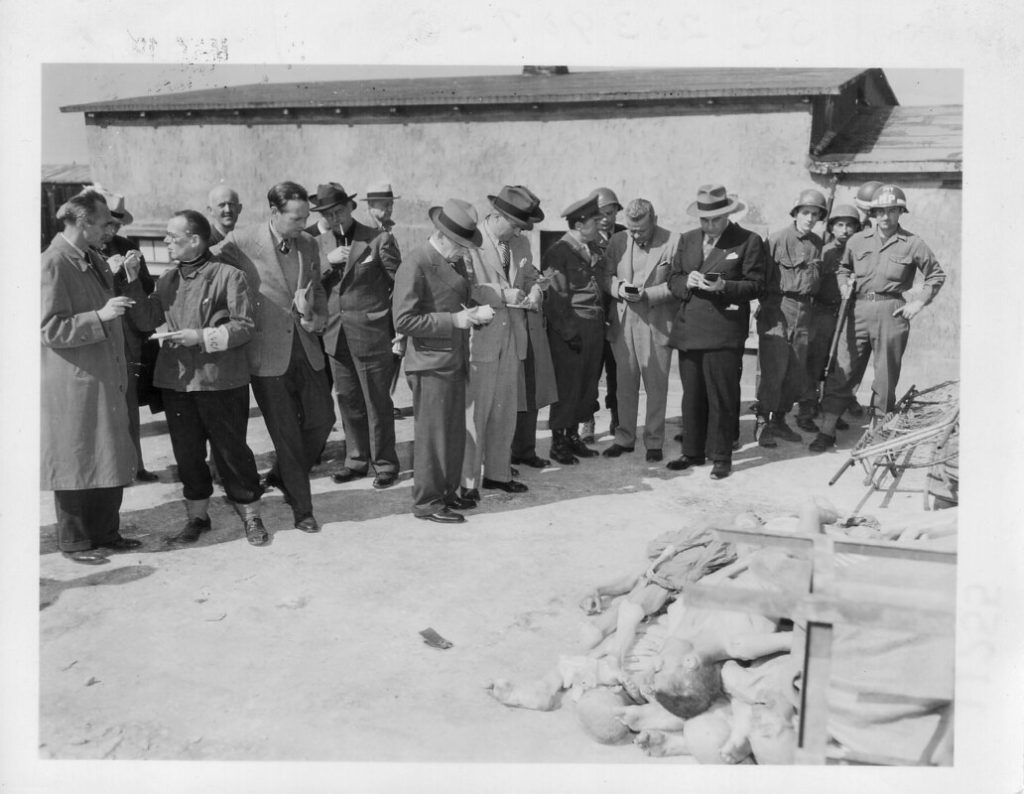
Picture credit: Louis Nemeth, U.S. Signal Corps. National Archives, Washington D.C.
Holocaust Denial started with the German citizens living close to the death camps, who claimed: “Wir Haben Es Nicht Gewußt” (pronounced /Weerr haabn’s neeght gawoost/). Post-war children grew up hearing “We didn’t know” as the main excuse. Realizing that the horrors they found at the death camps were beyond the worst nightmare imaginable, General Patton forced Weimar citizens to witness what had happened in their neighborhood while General Eisenhower invited the media to document the horrors “lest we forget.”
The ”Silent Generation”
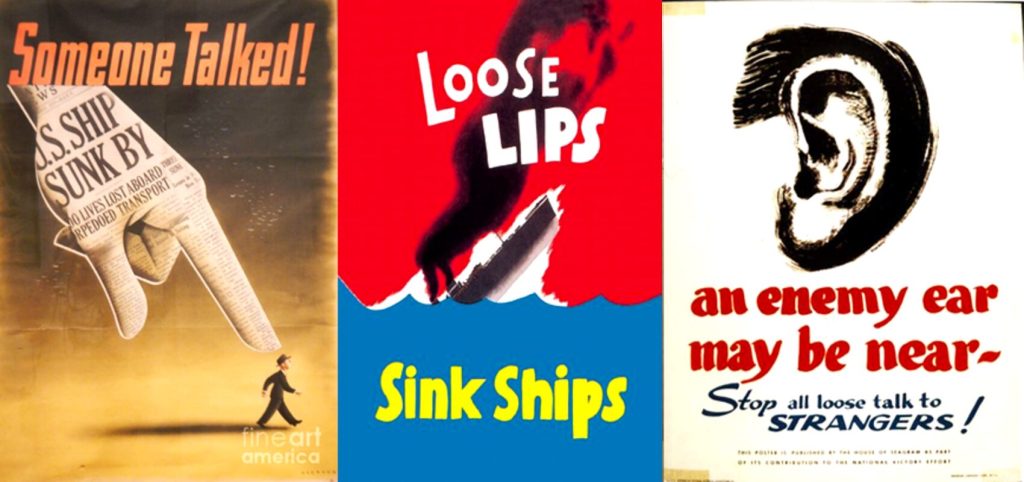
Unknown artist
Before the war, social conventions dictated that women not talk about their suffering. During the war, women were taught not to talk because it was dangerous, and just to “get on with it” because “there’s a war on.” After the war, those who had suffered the most did not know how to talk about it; as a survival mechanism, they suppressed their PTSD (a term that would not be coined until 1980). They were the “Silent Generation,” who learned how to swallow the injustice and horrors.
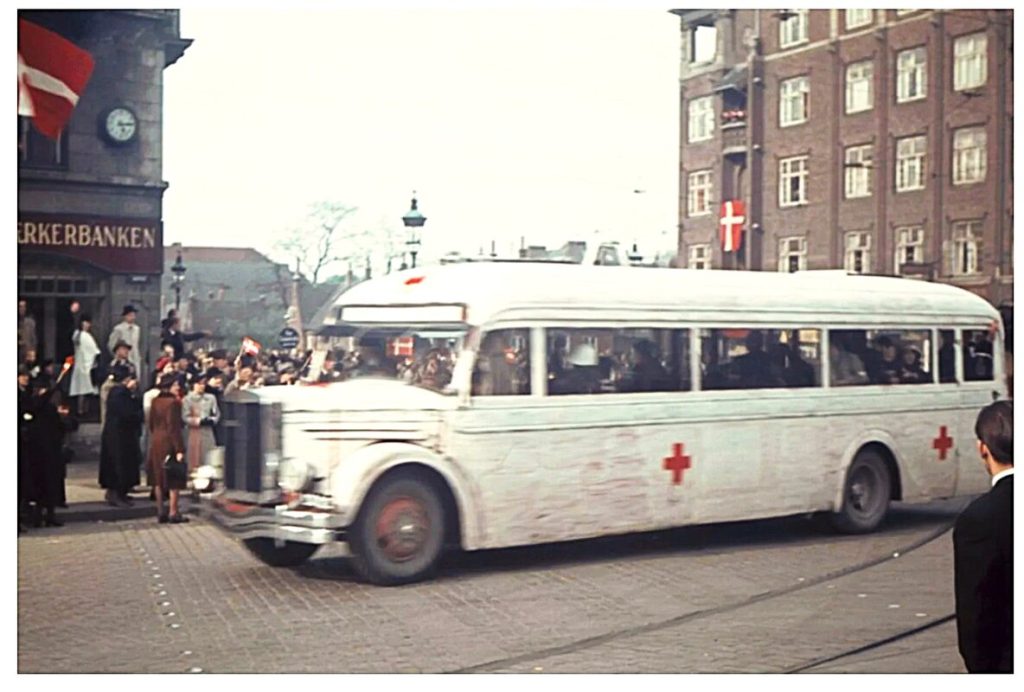
Unknown photographer
In the White Buses that took them to freedom, the Ravensbrück women too promised each other not to talk about what they had seen…
Cold Comfort & Injustice more Bitter than Bile
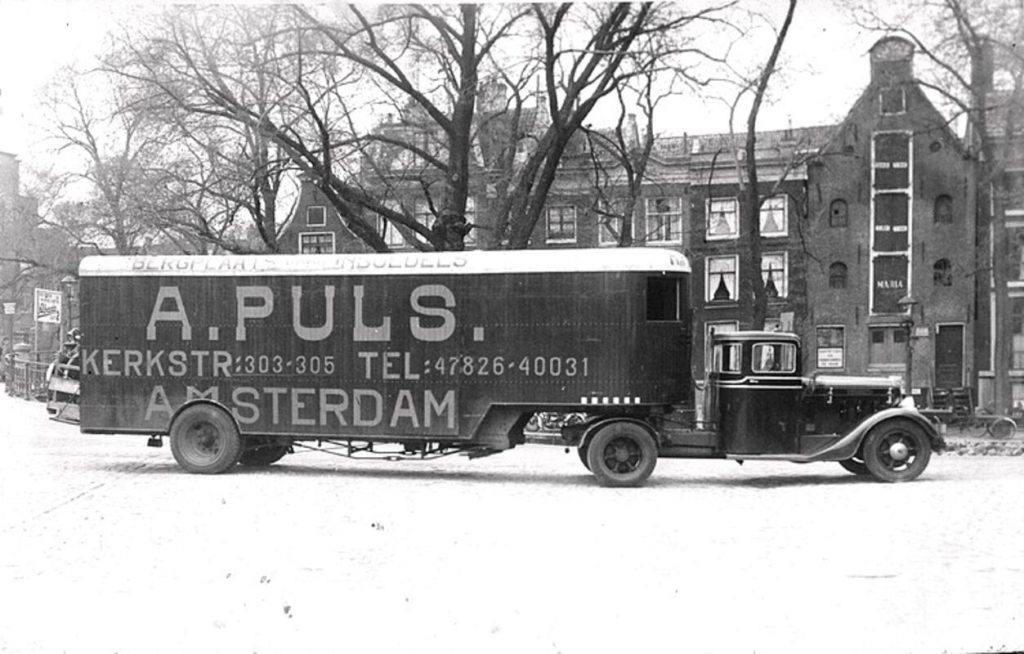
Unknown photographer
Those who returned to their ravaged country, realized they had nothing left to come to home to. Especially coming home to Amsterdam, camp survivors like Mies Boissevain and Evelyn Samuels did not receive the warm welcome they might have dreamt of; five years of Nazi occupation, culminating in the infamous “Hunger Winter” had left people bitter, emaciated, weak, and severely traumatized. The euphoria of the Liberation was short-lived as unemployment, food and housing shortages, political division, and chaos lingered. Camp survivors who no longer had any personal belongings or homes were told to “forget and get on with it.”

Unknown photographer
Because of the housing shortage and lack of money, they were often forced to live in condemned buildings or live in the same street as those who had sold them out to the Nazis for as little as few guilders. This was the case of a friend of my elementary schoolteacher who told us seven-year-olds that her hunchbacked, severely tortured friend had to limp past his betrayer’s house every day on his way to the soup kitchen because he could no longer work, had no money to move, and had no proof to get the culprit convicted. – Injustice more bitter than bile!
similar galleries
discover
JOIN MY NEWSLETTER
To receive announcements about new blogs, images, essays, lectures, and novels, please sign up.


